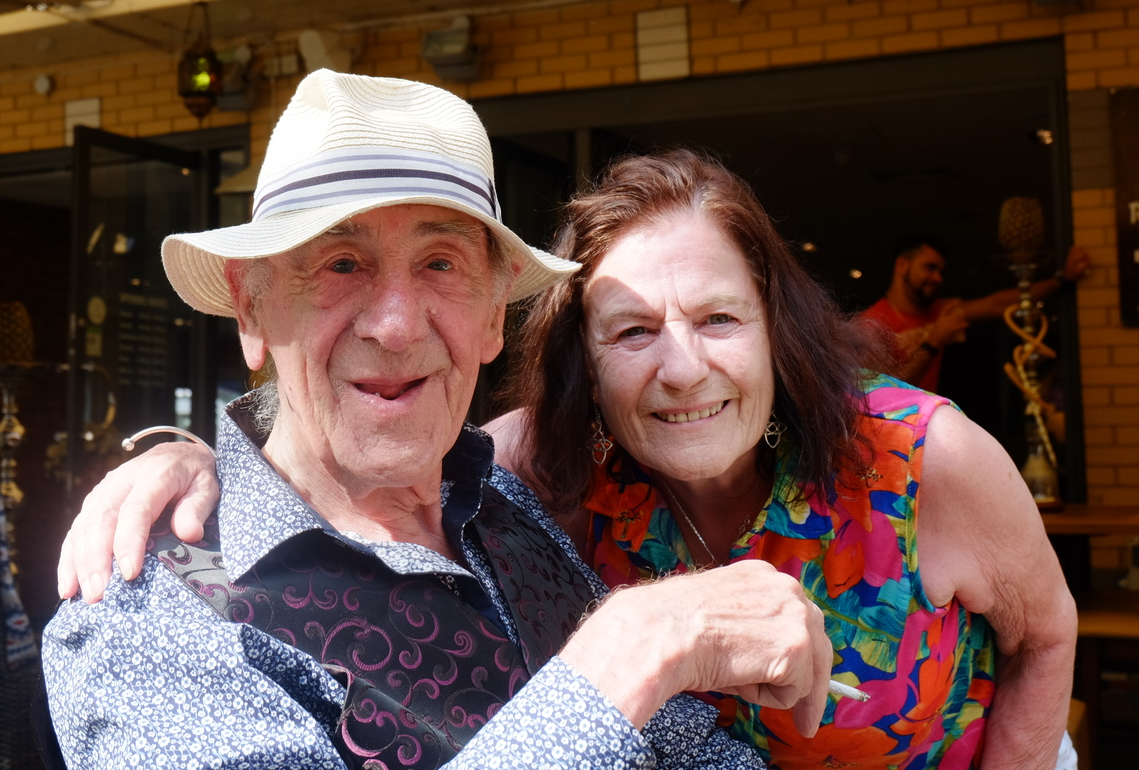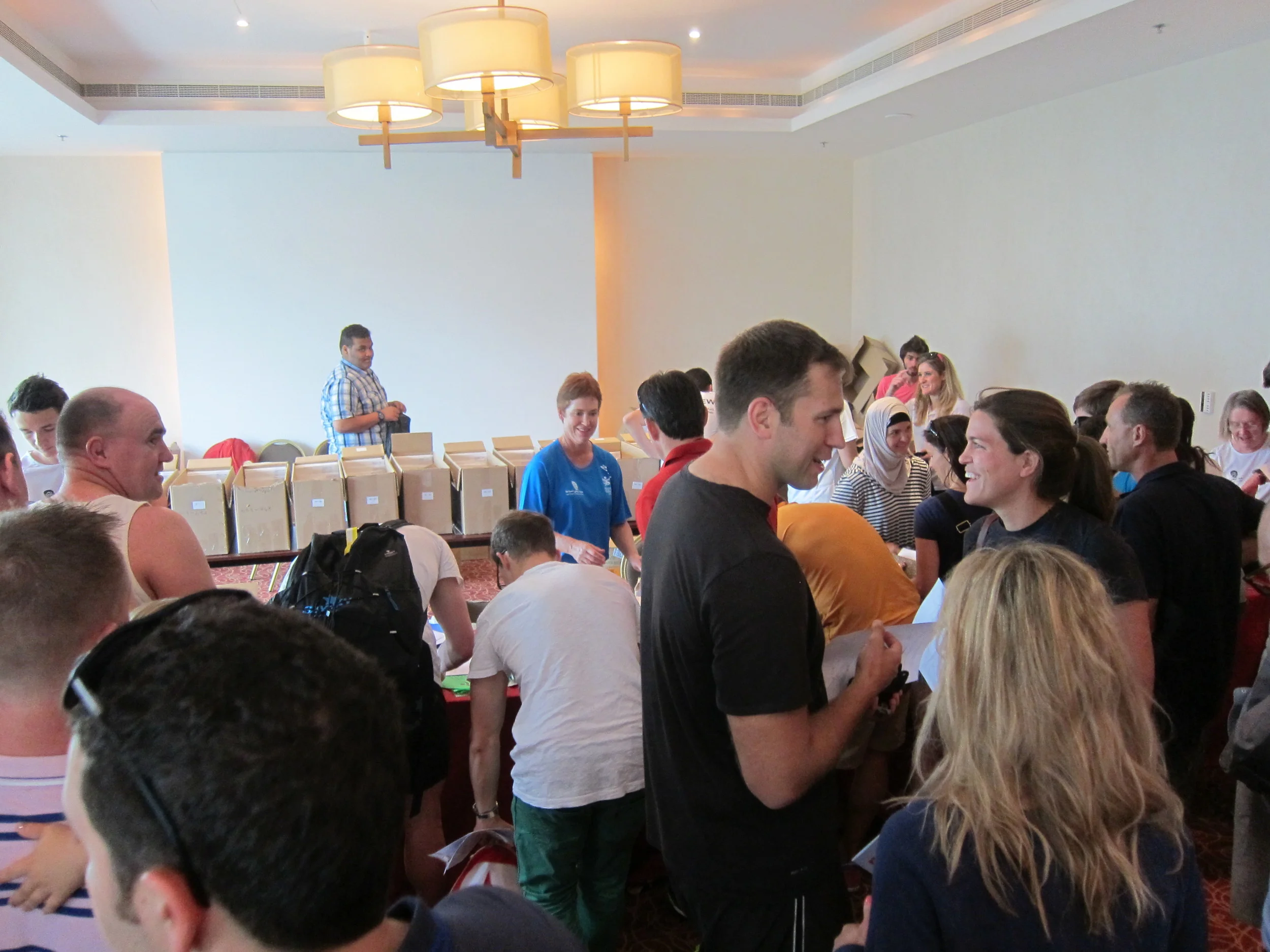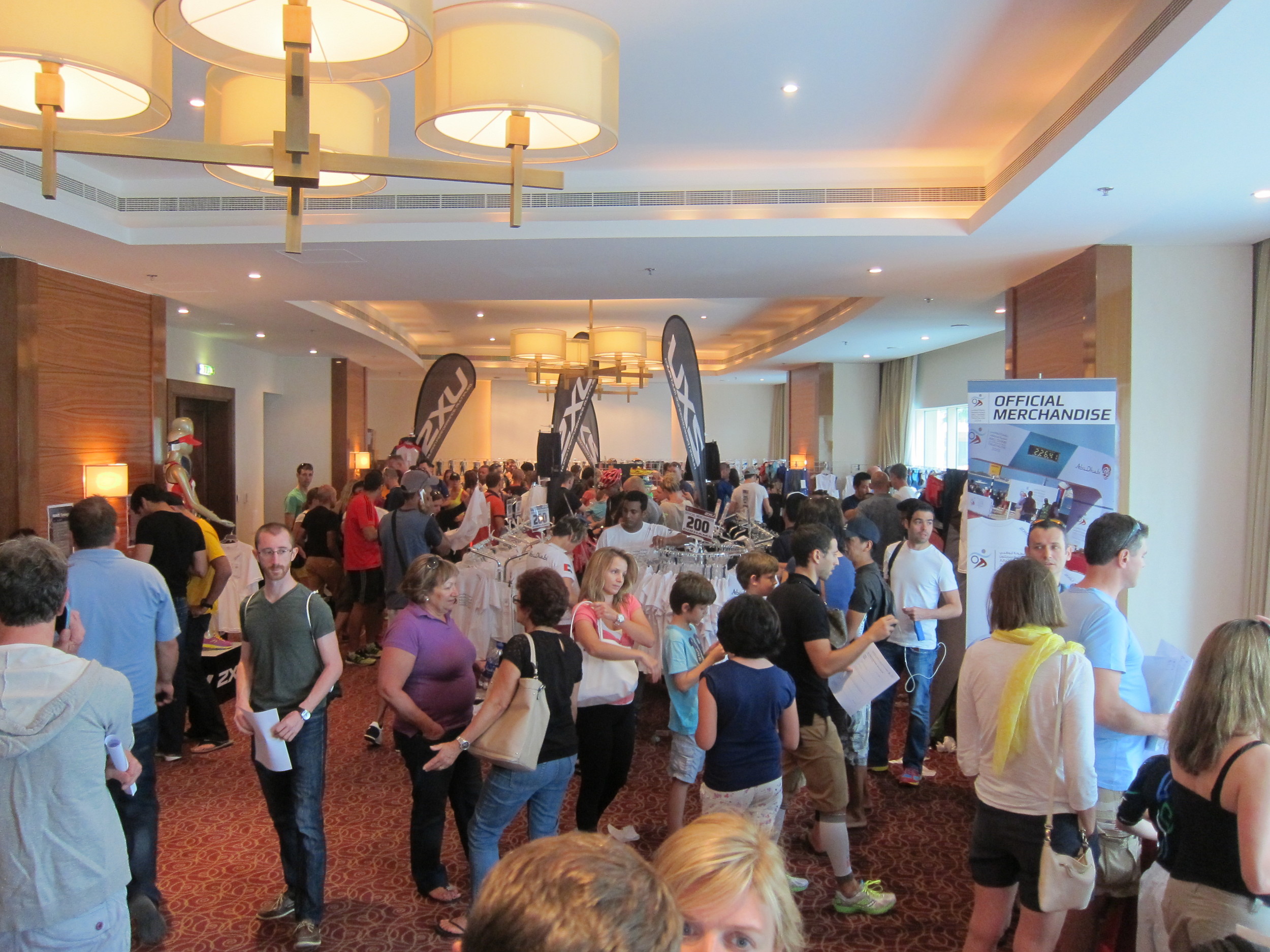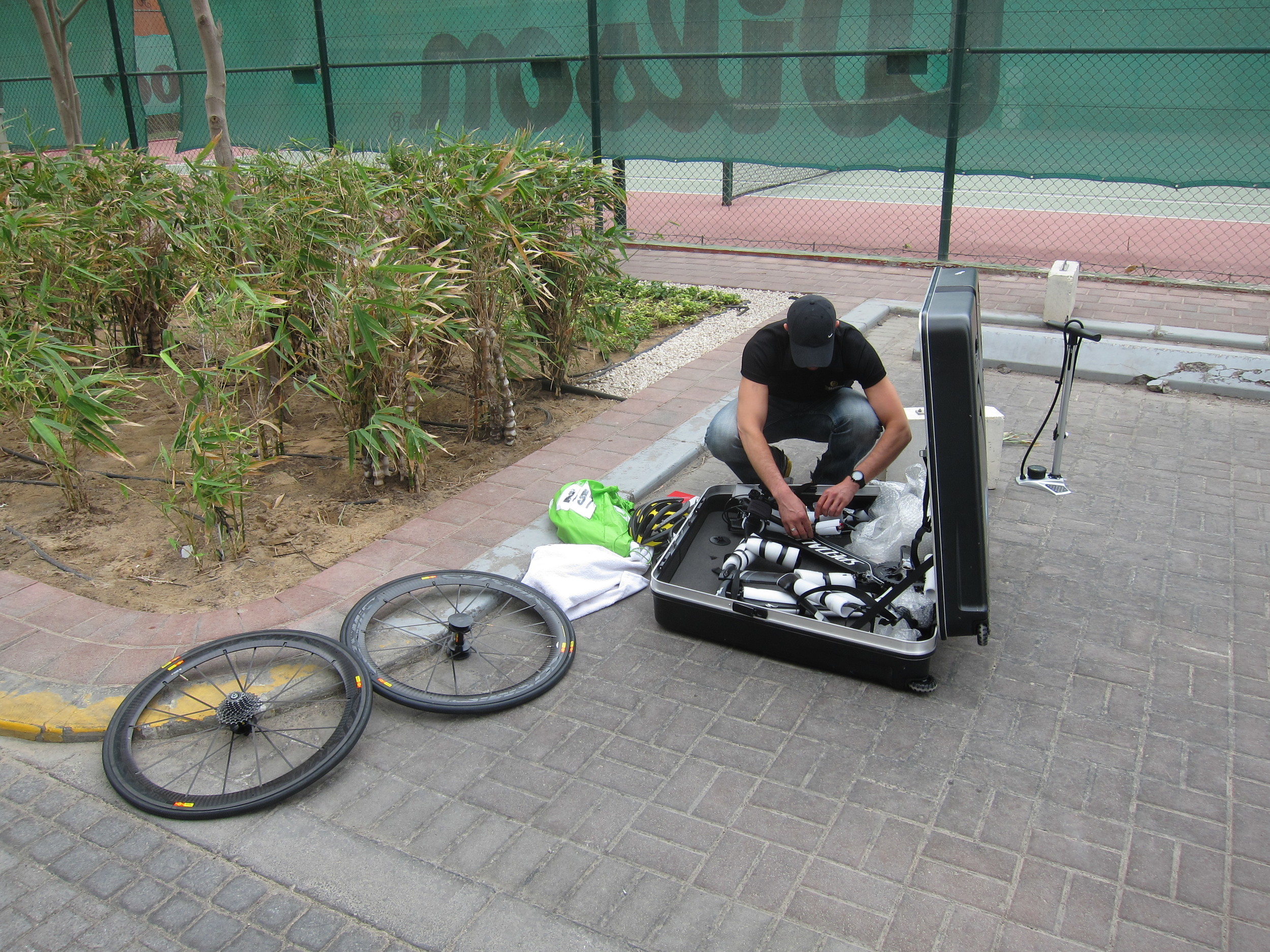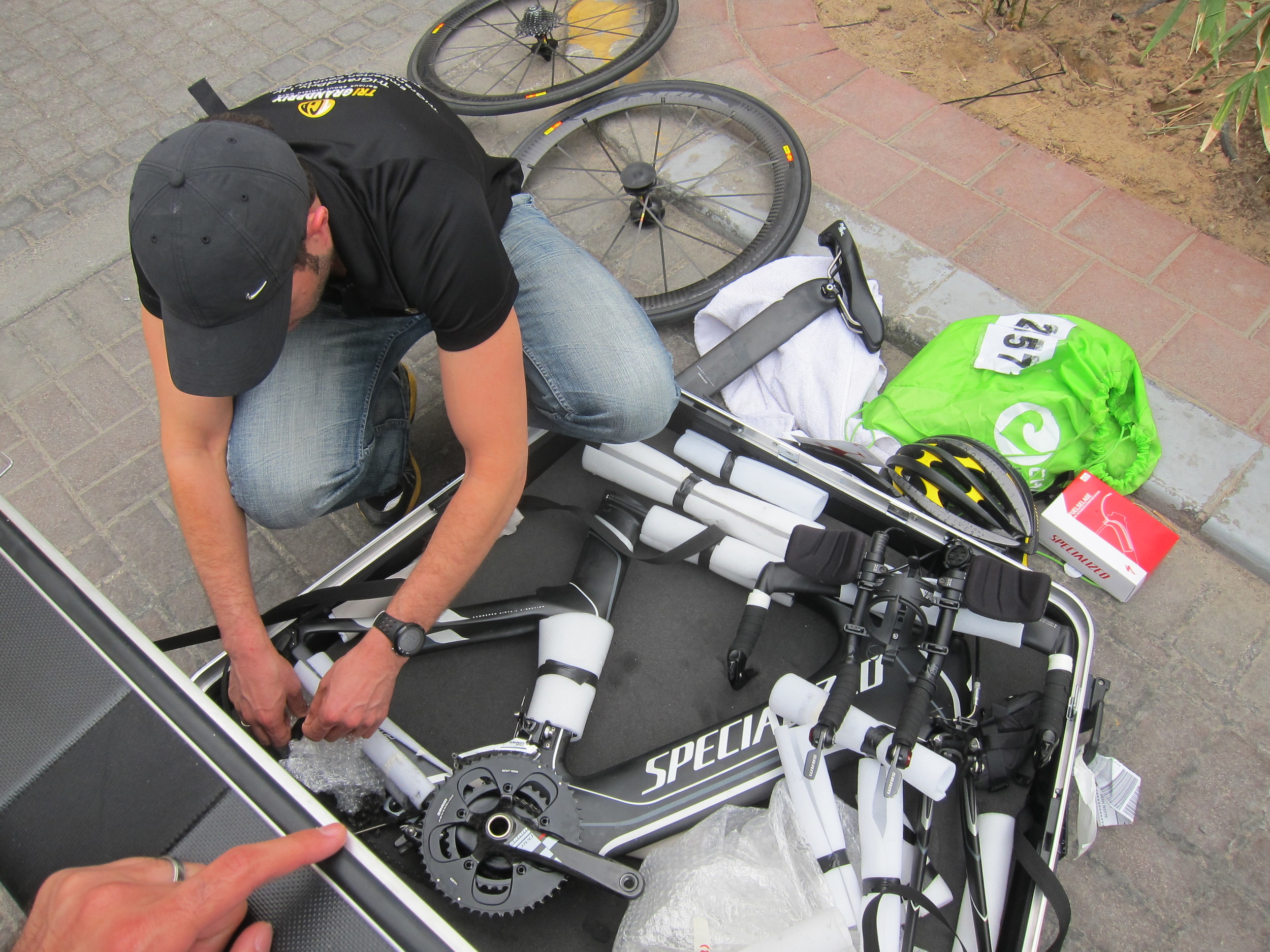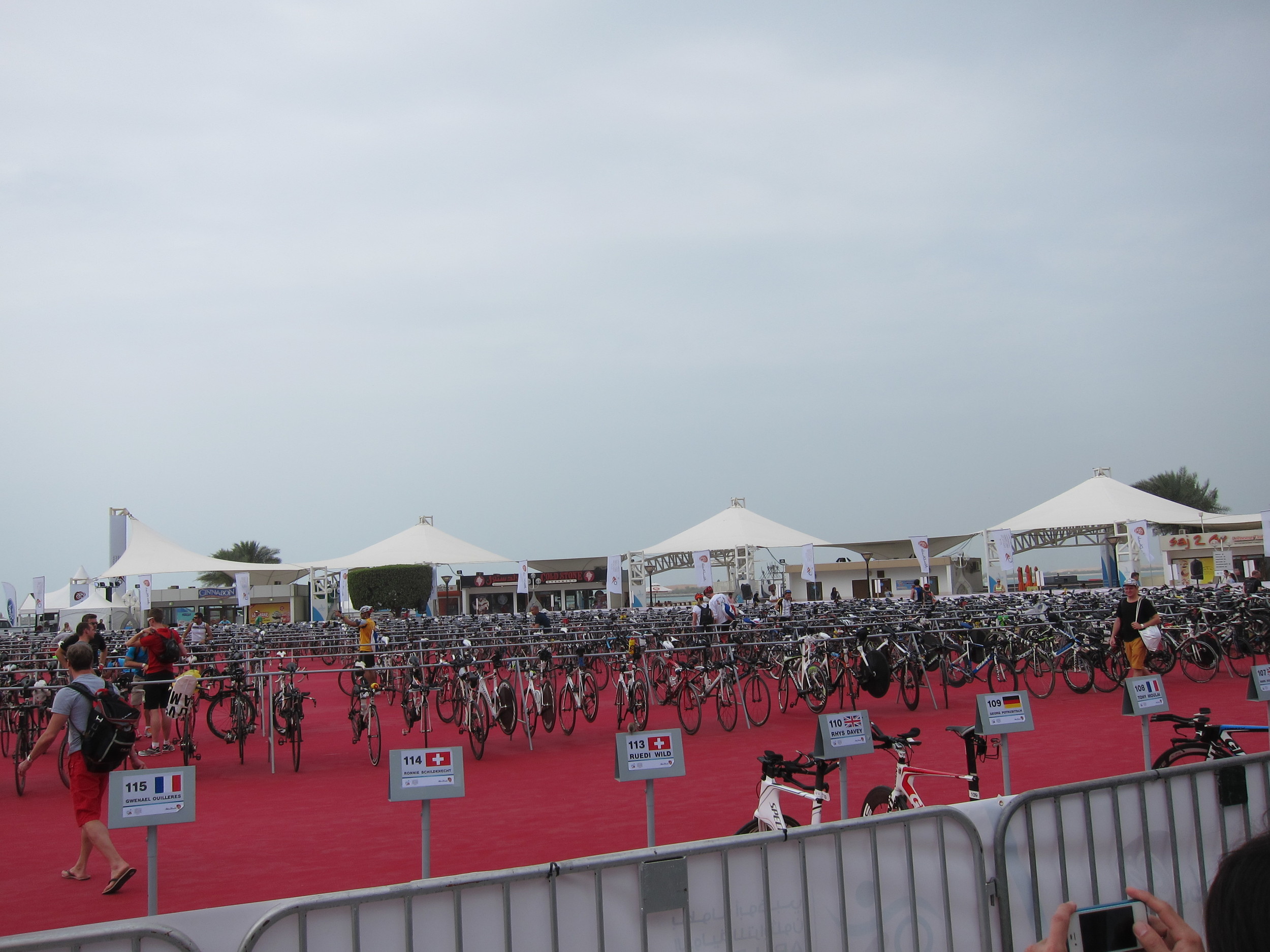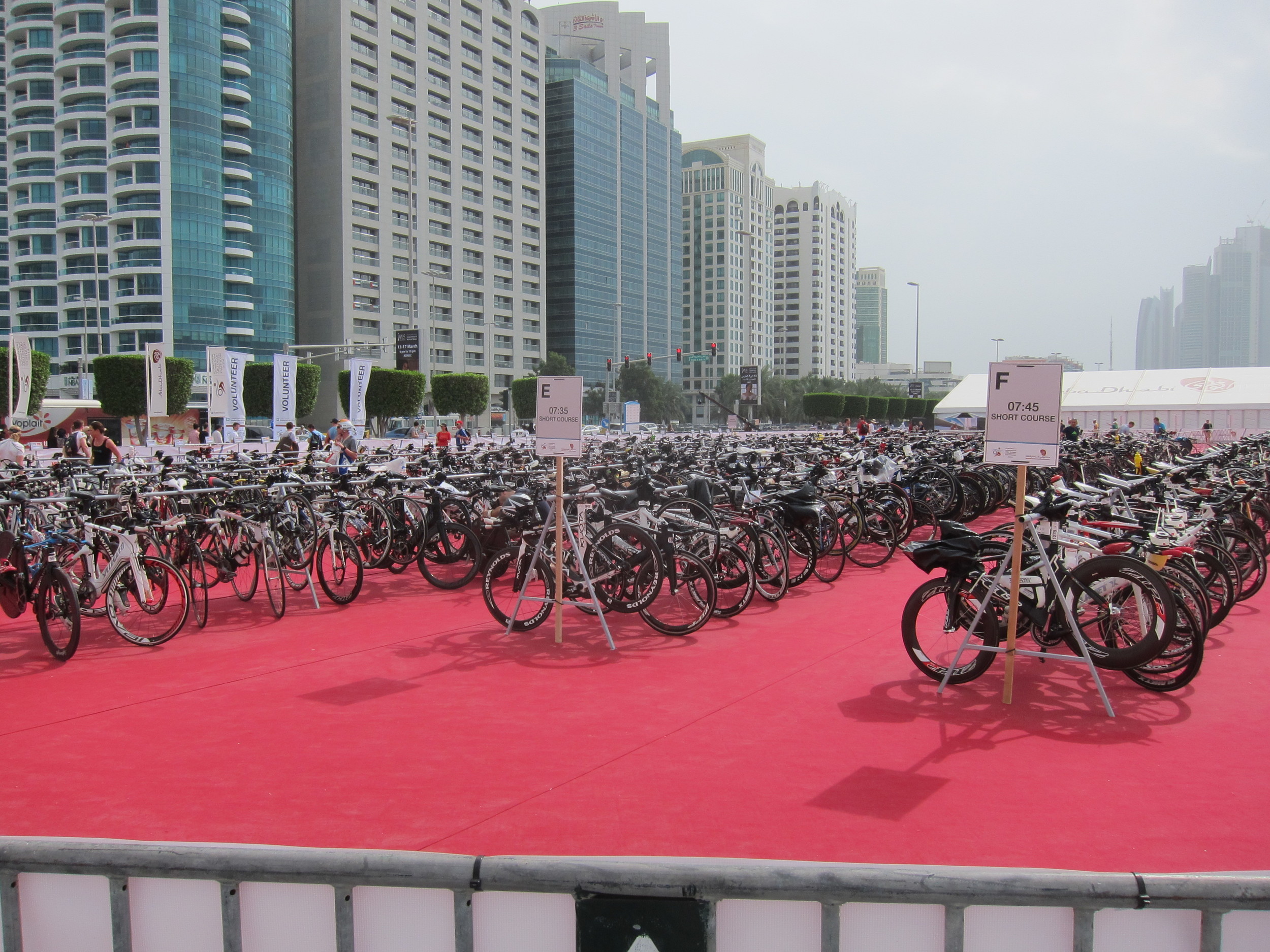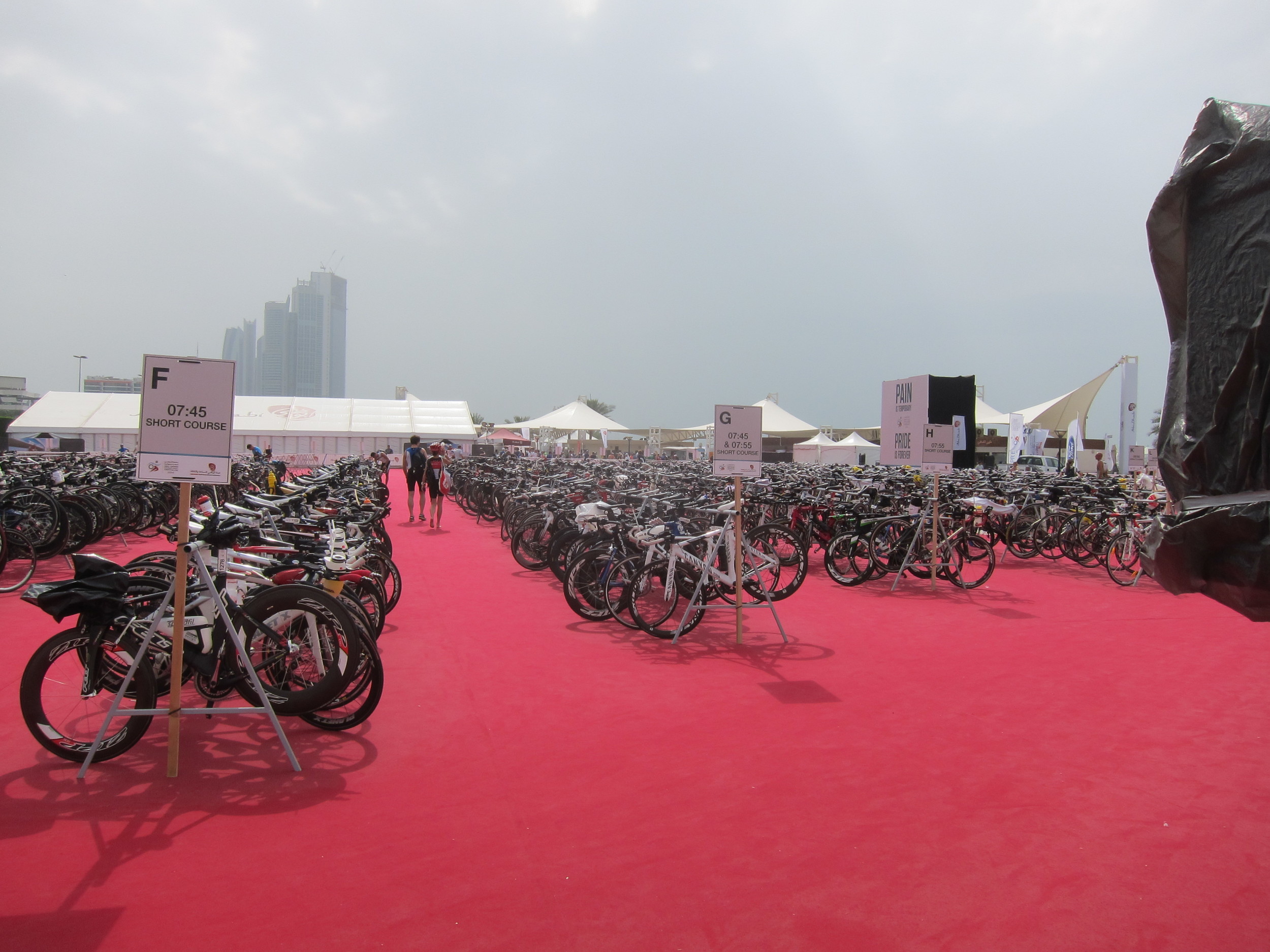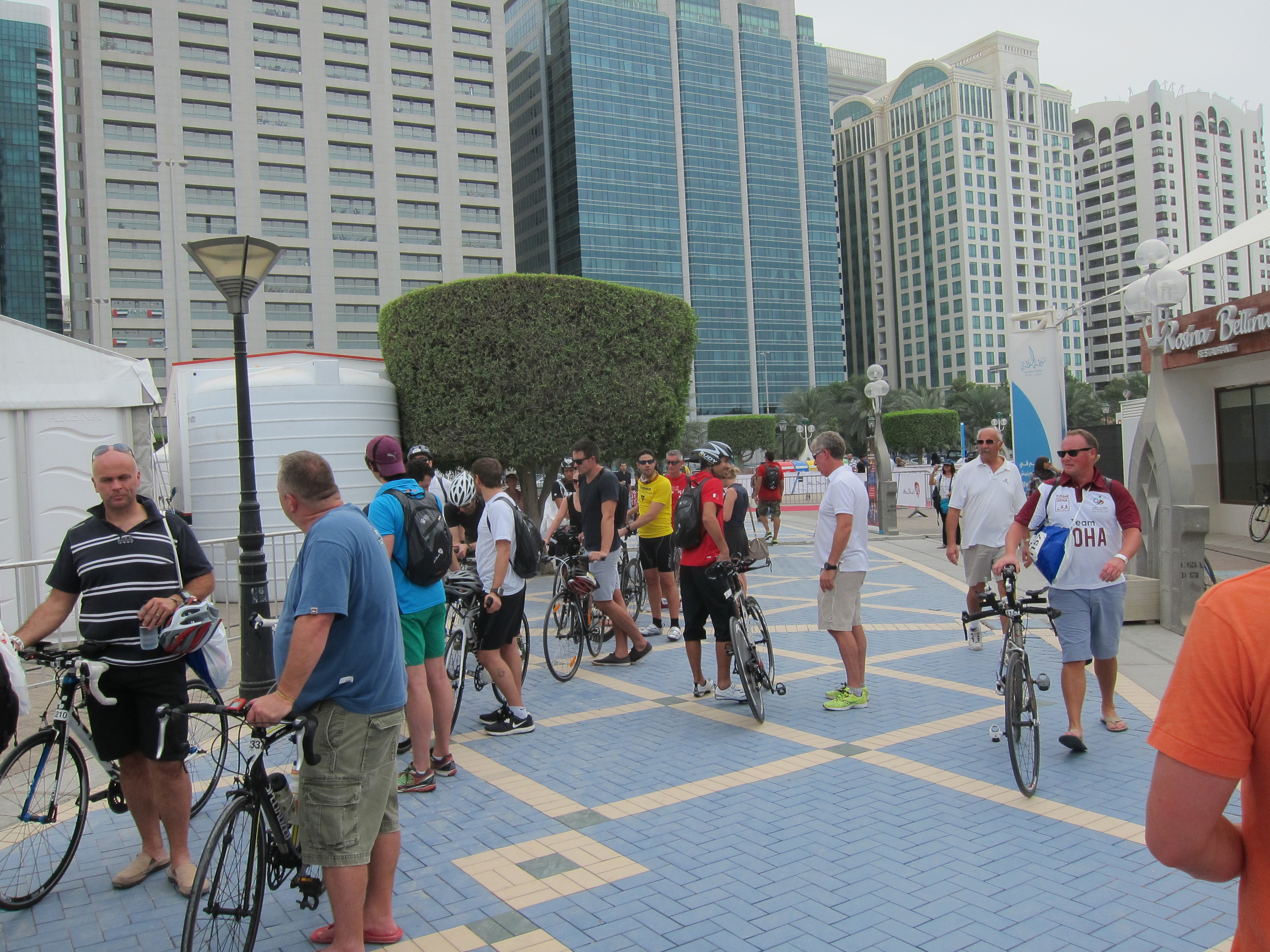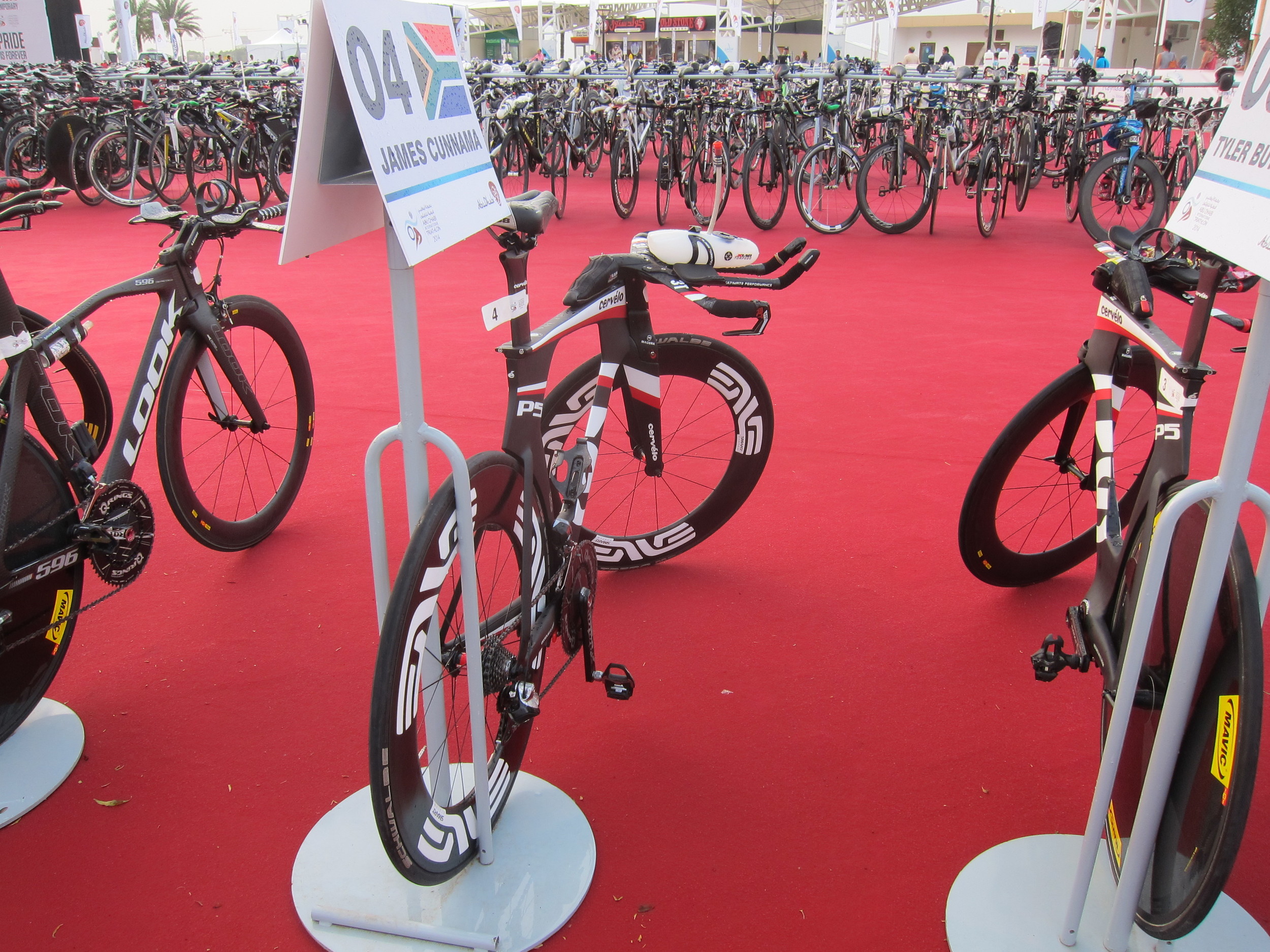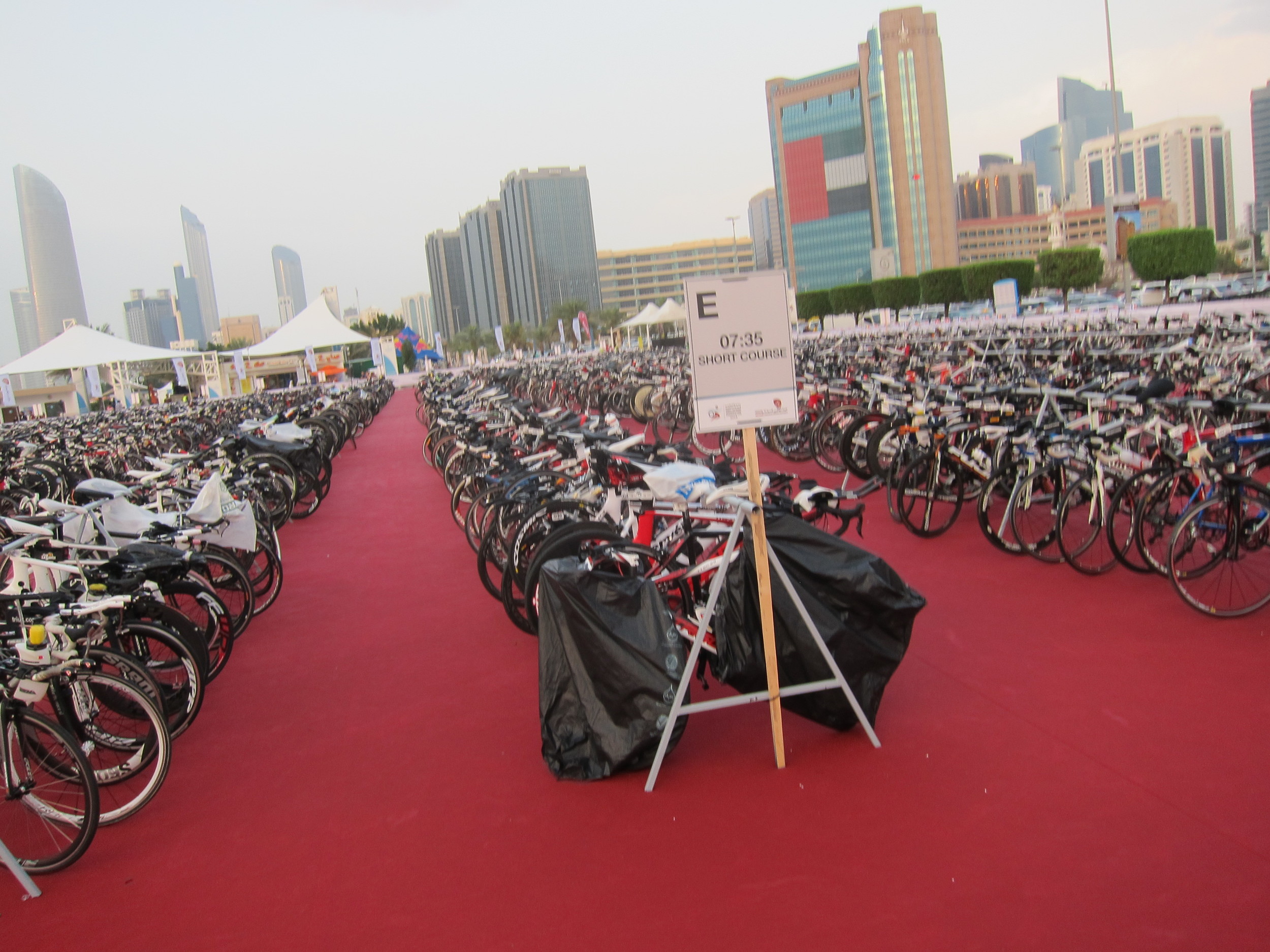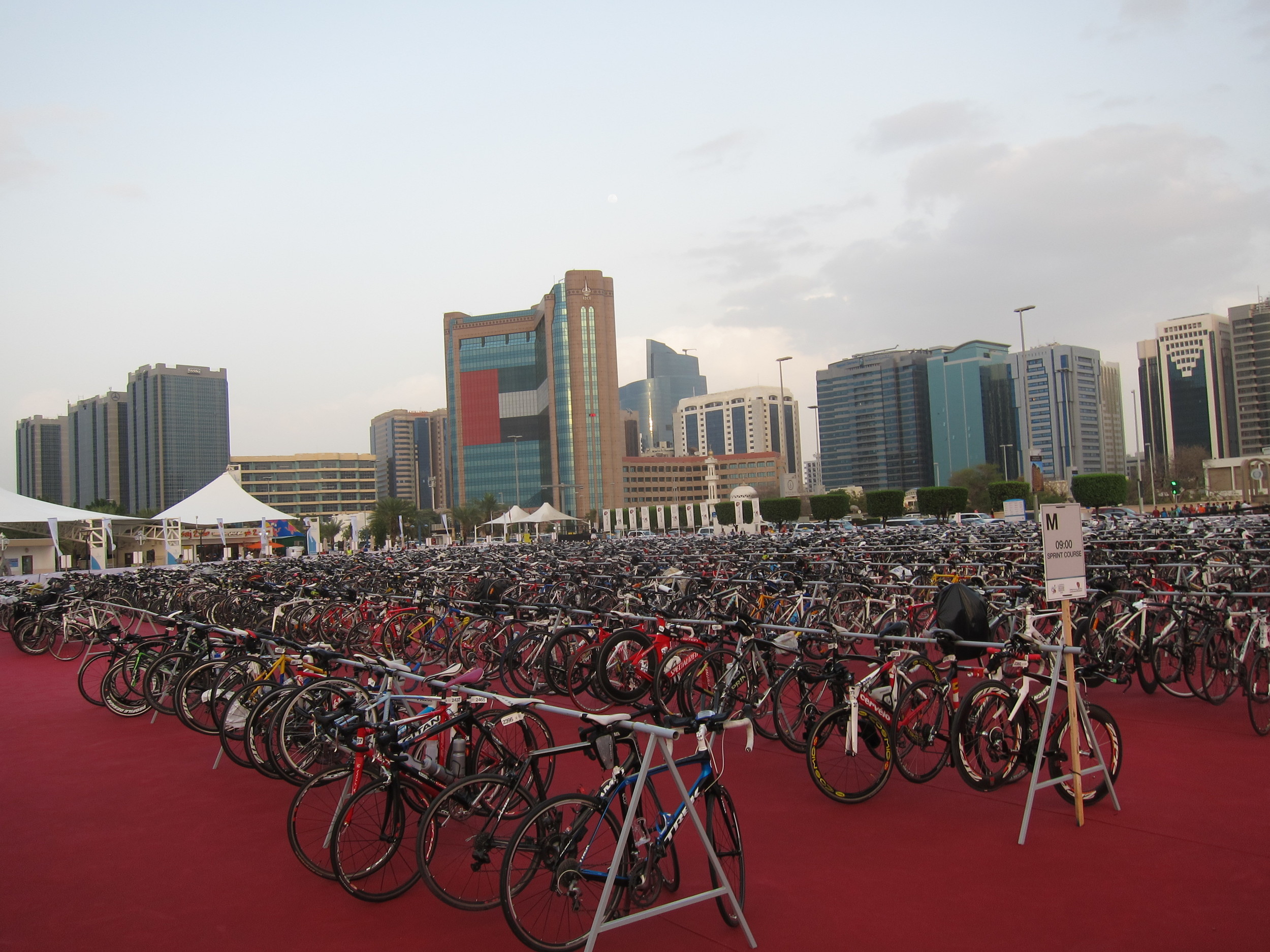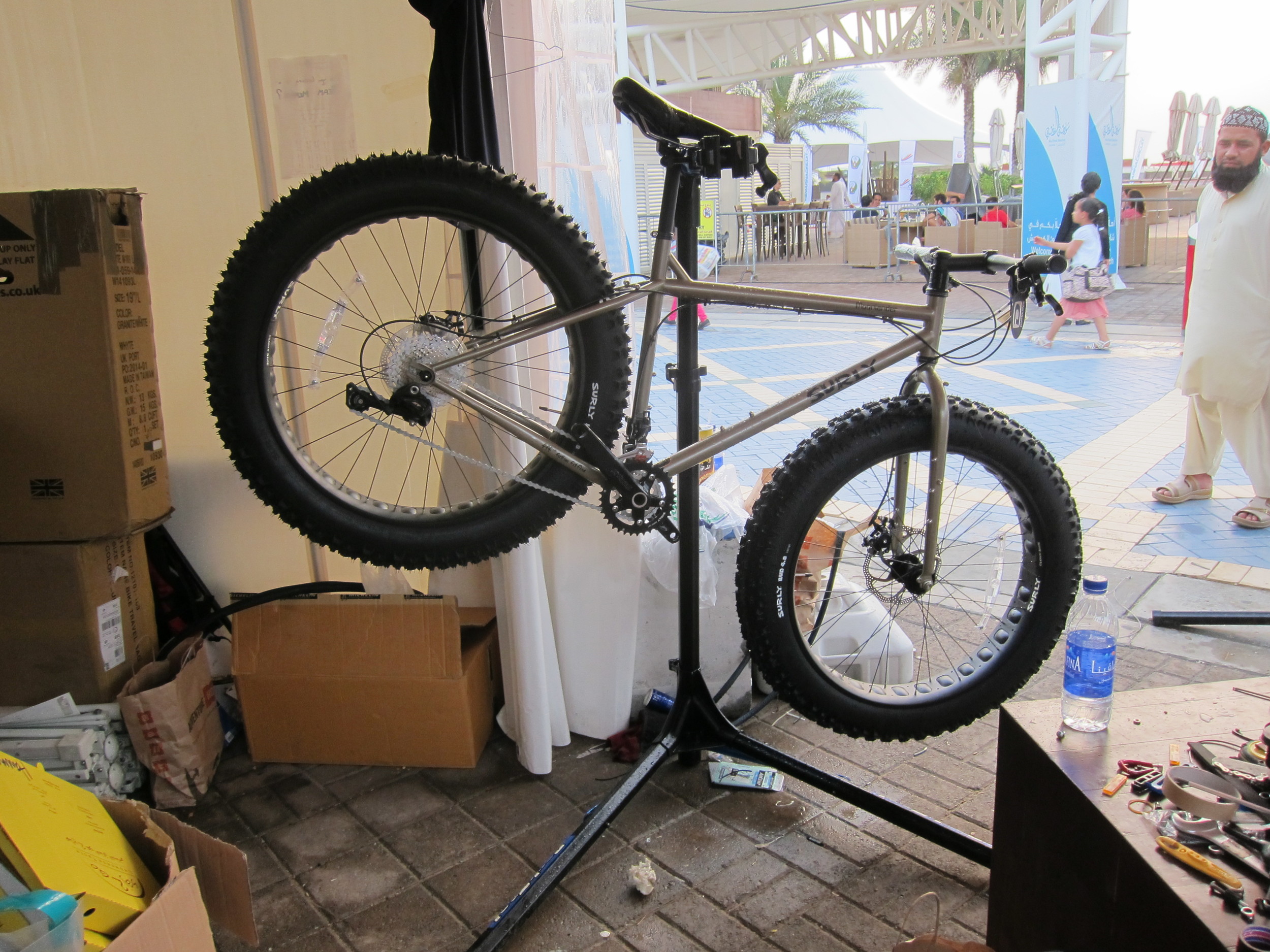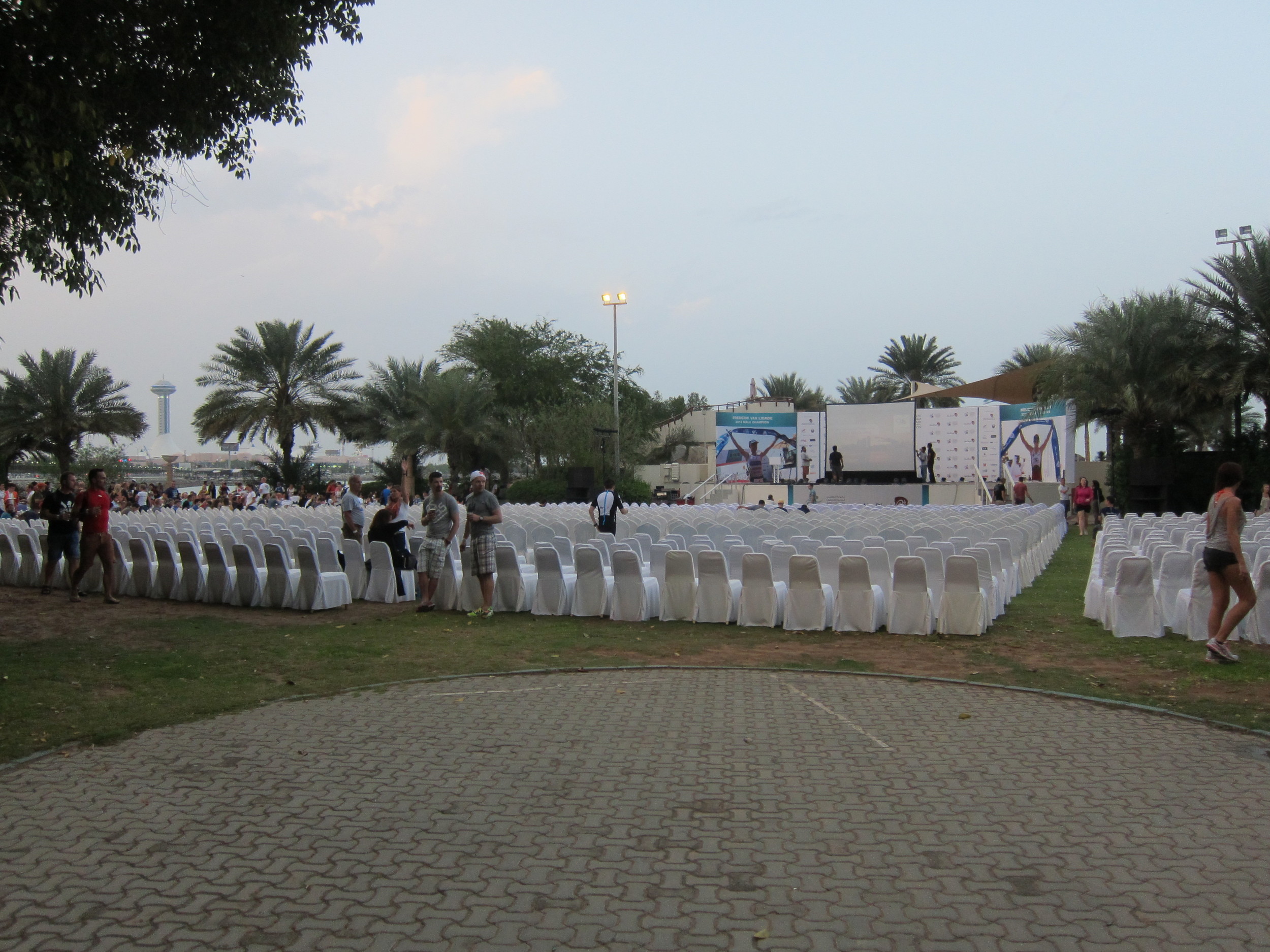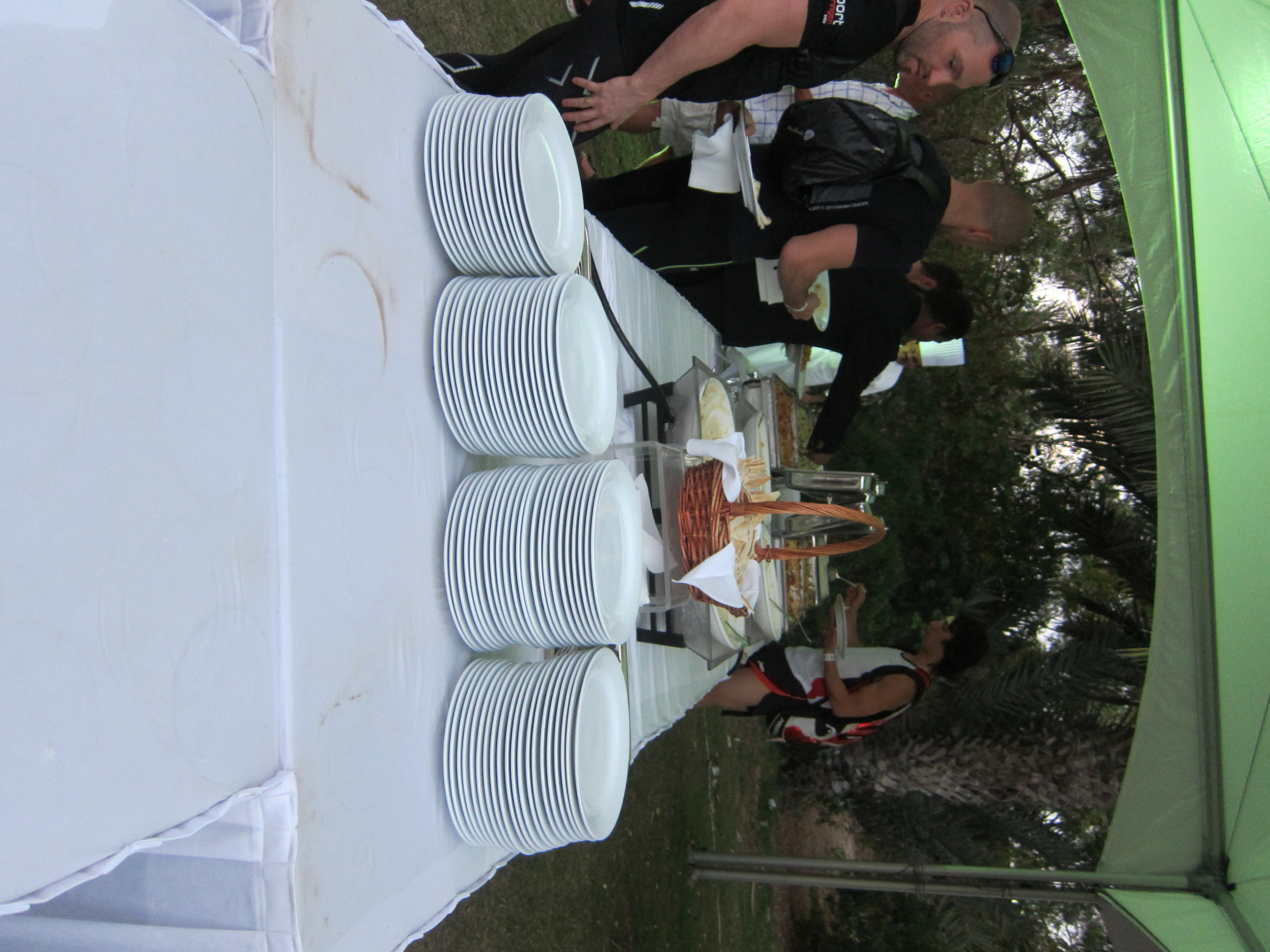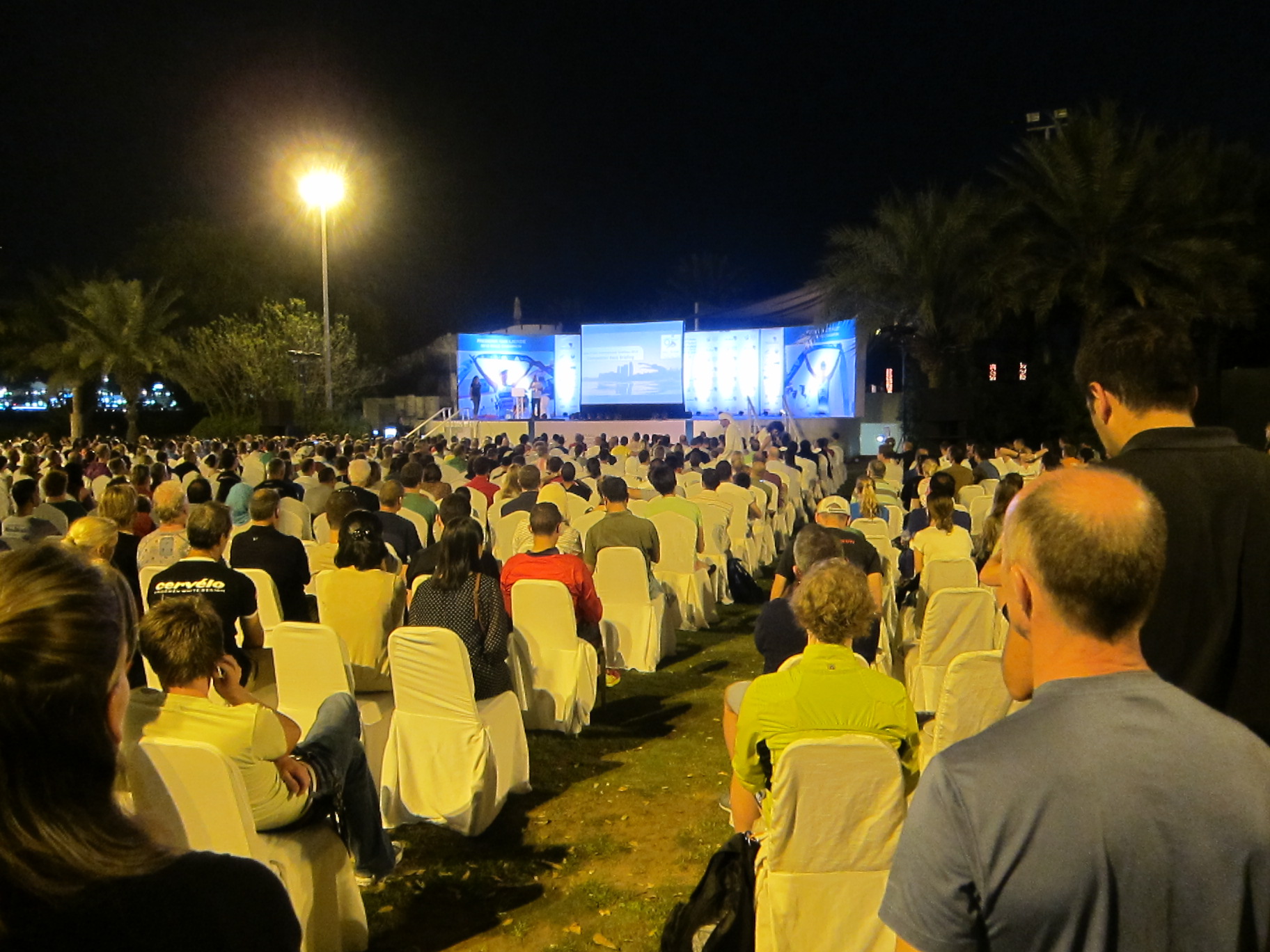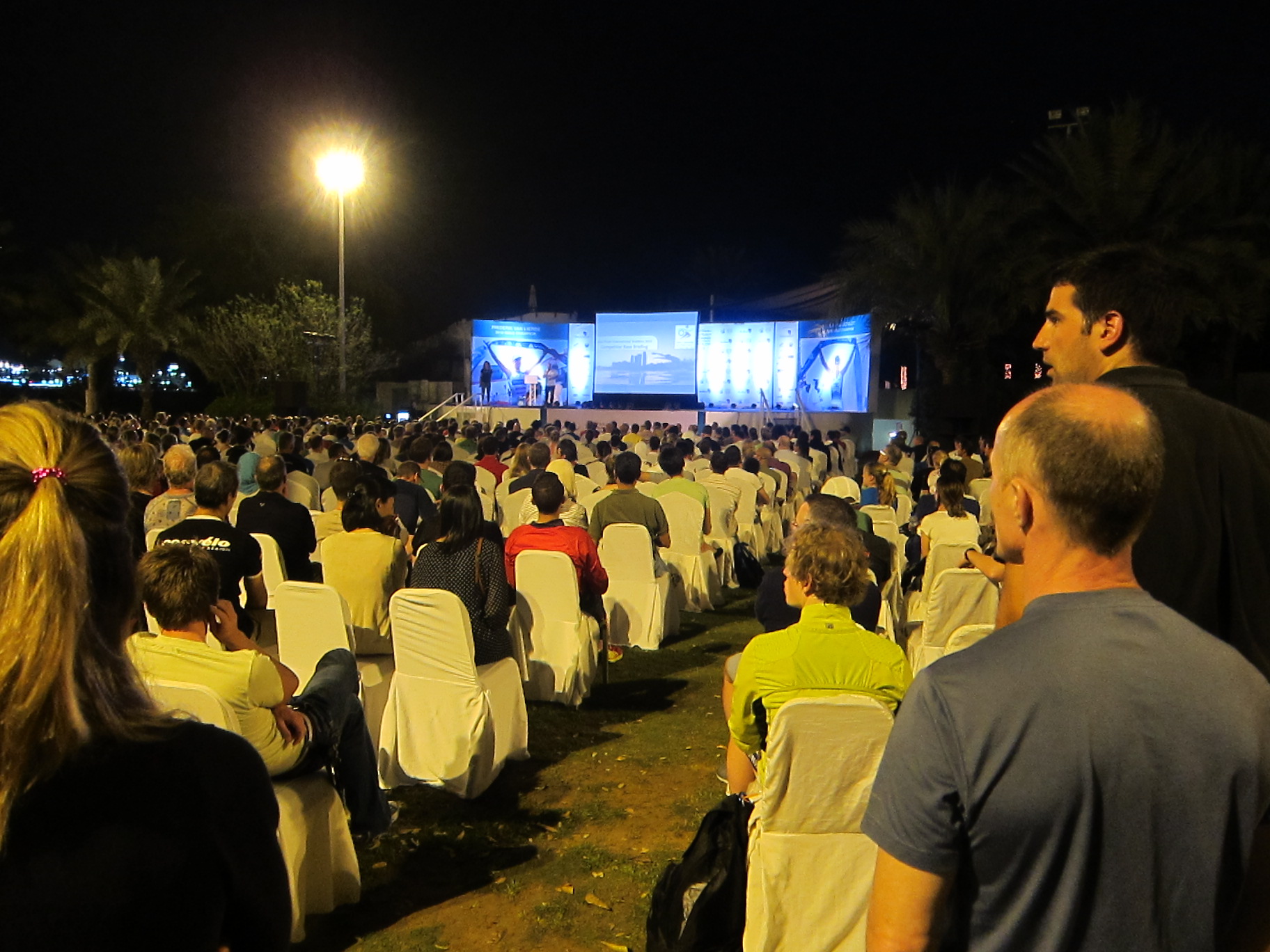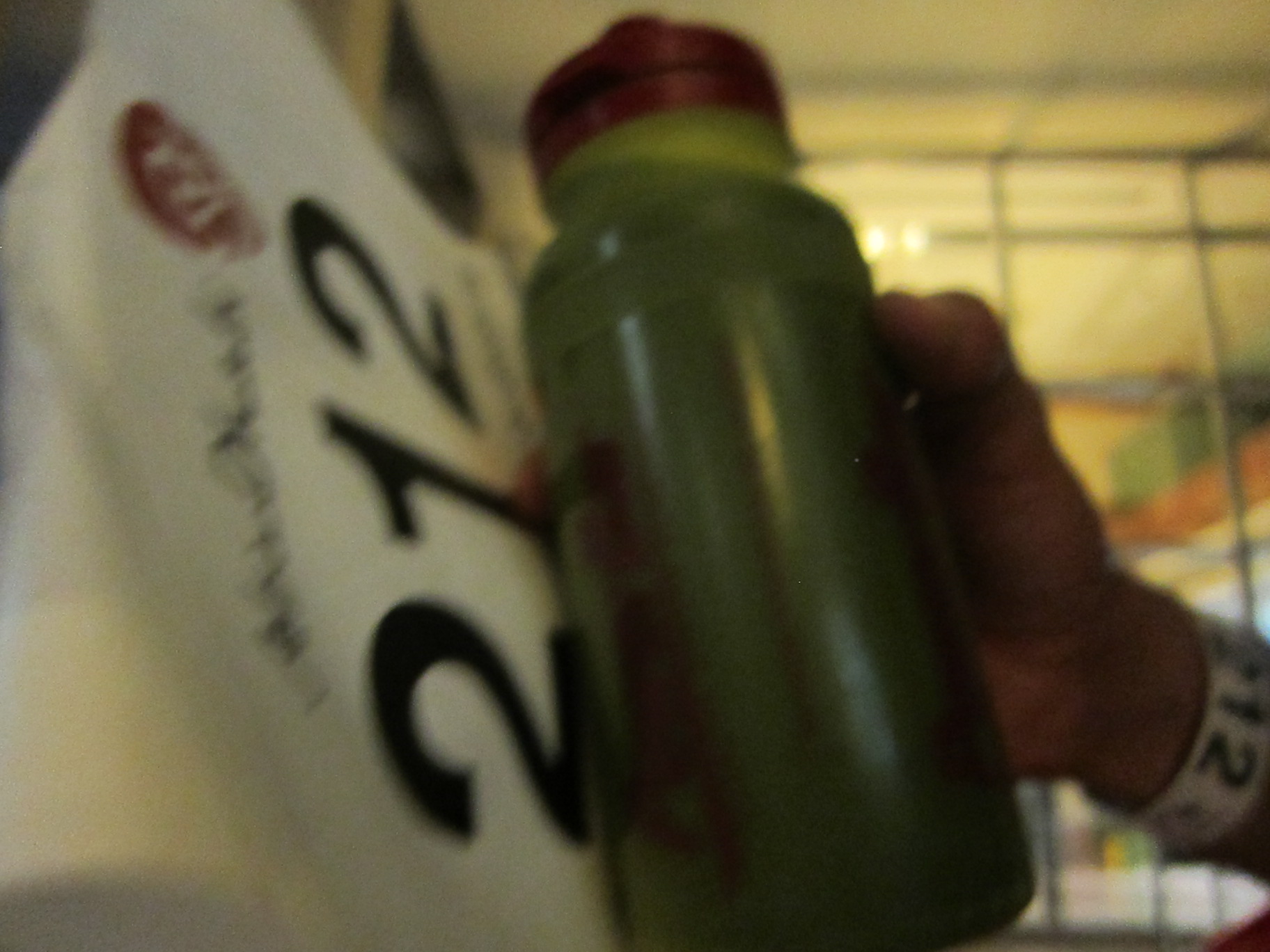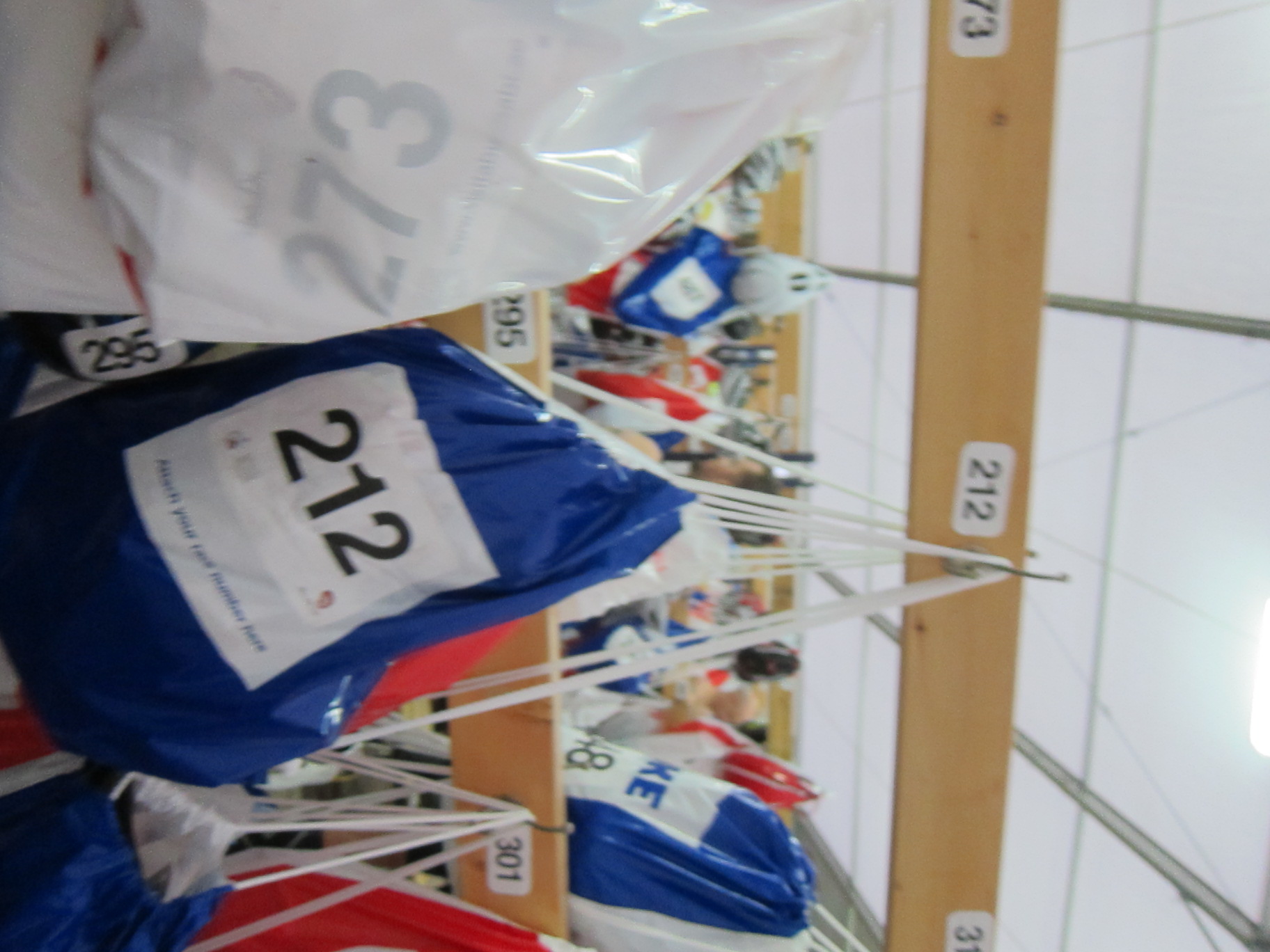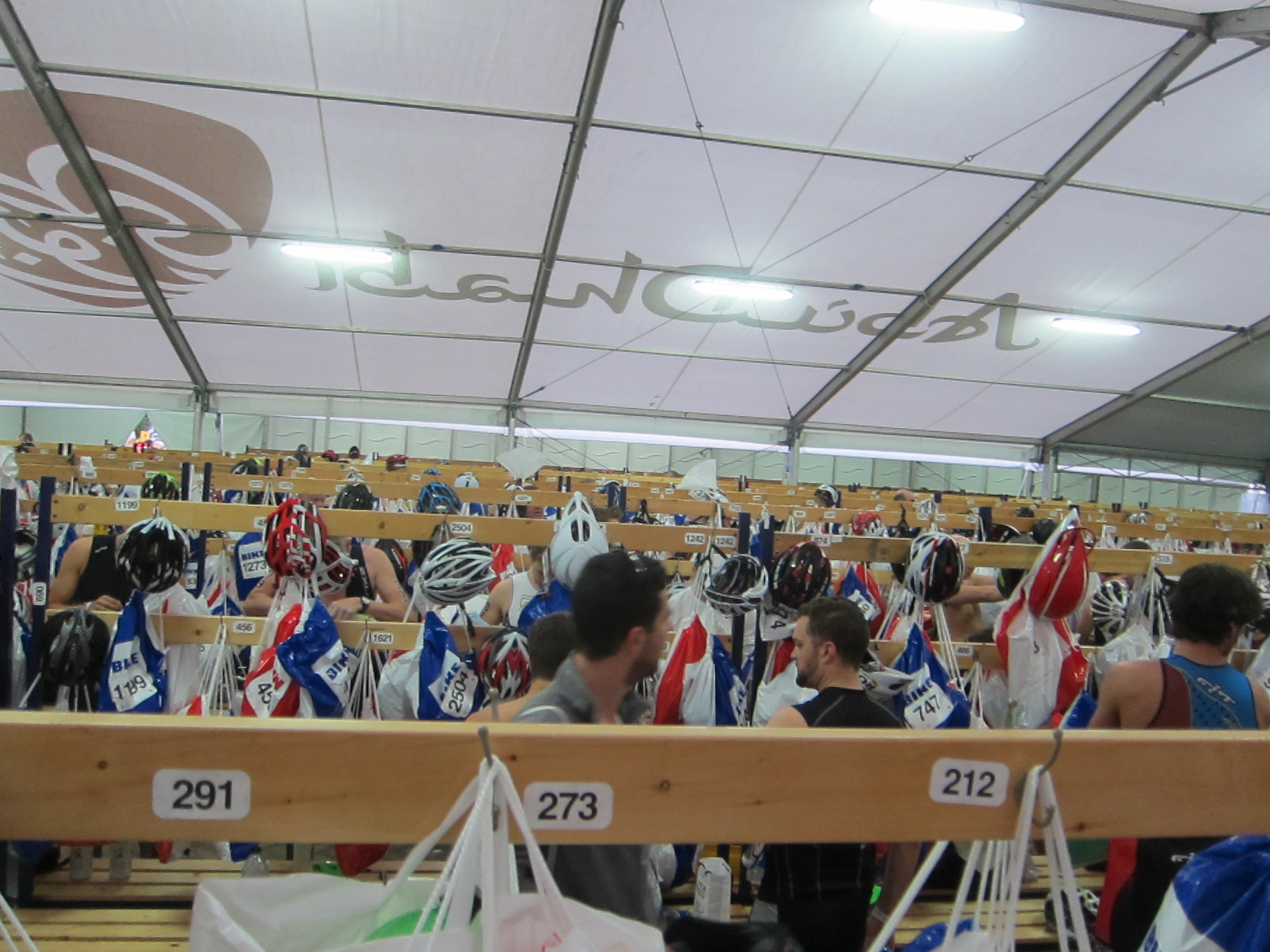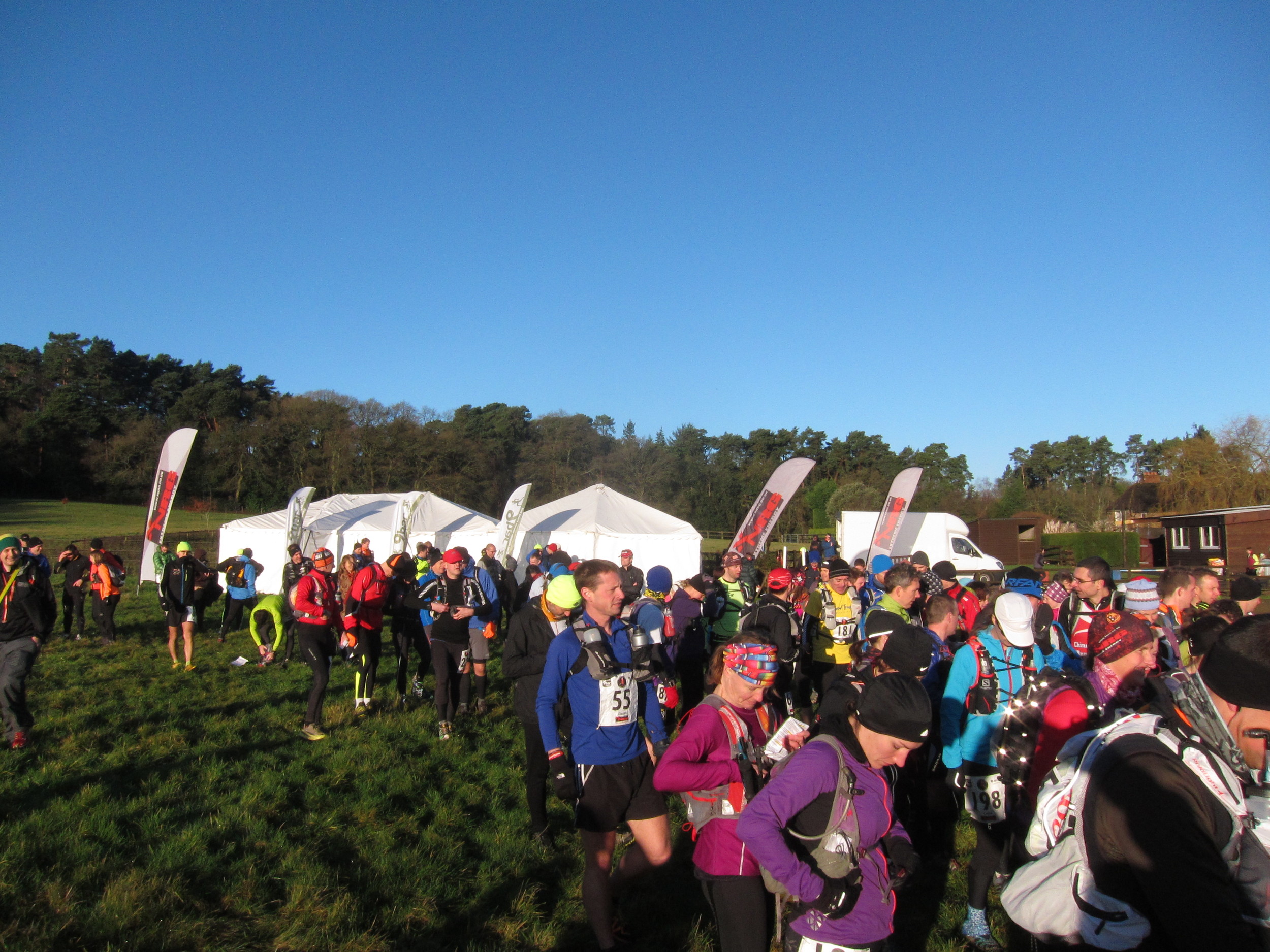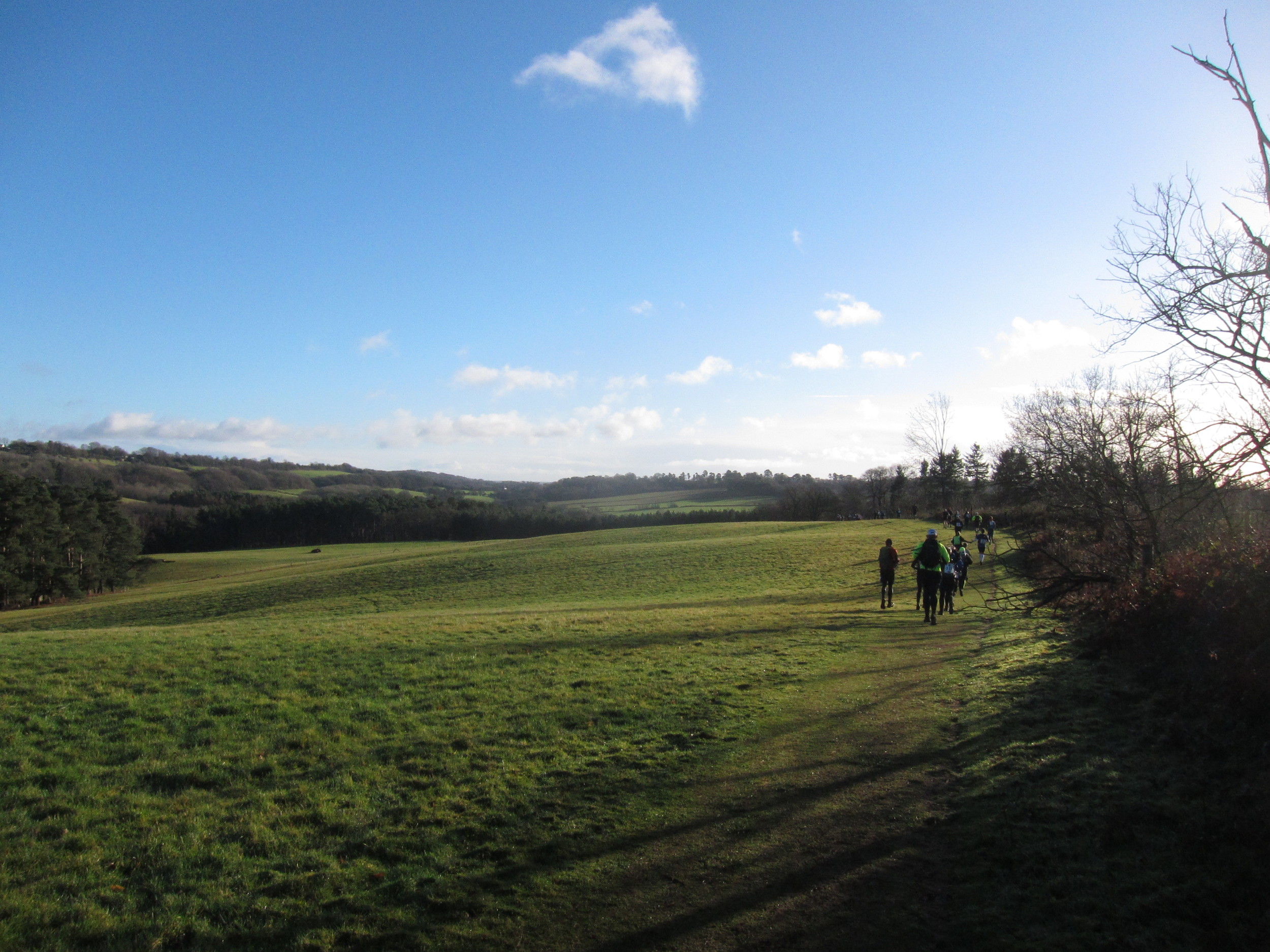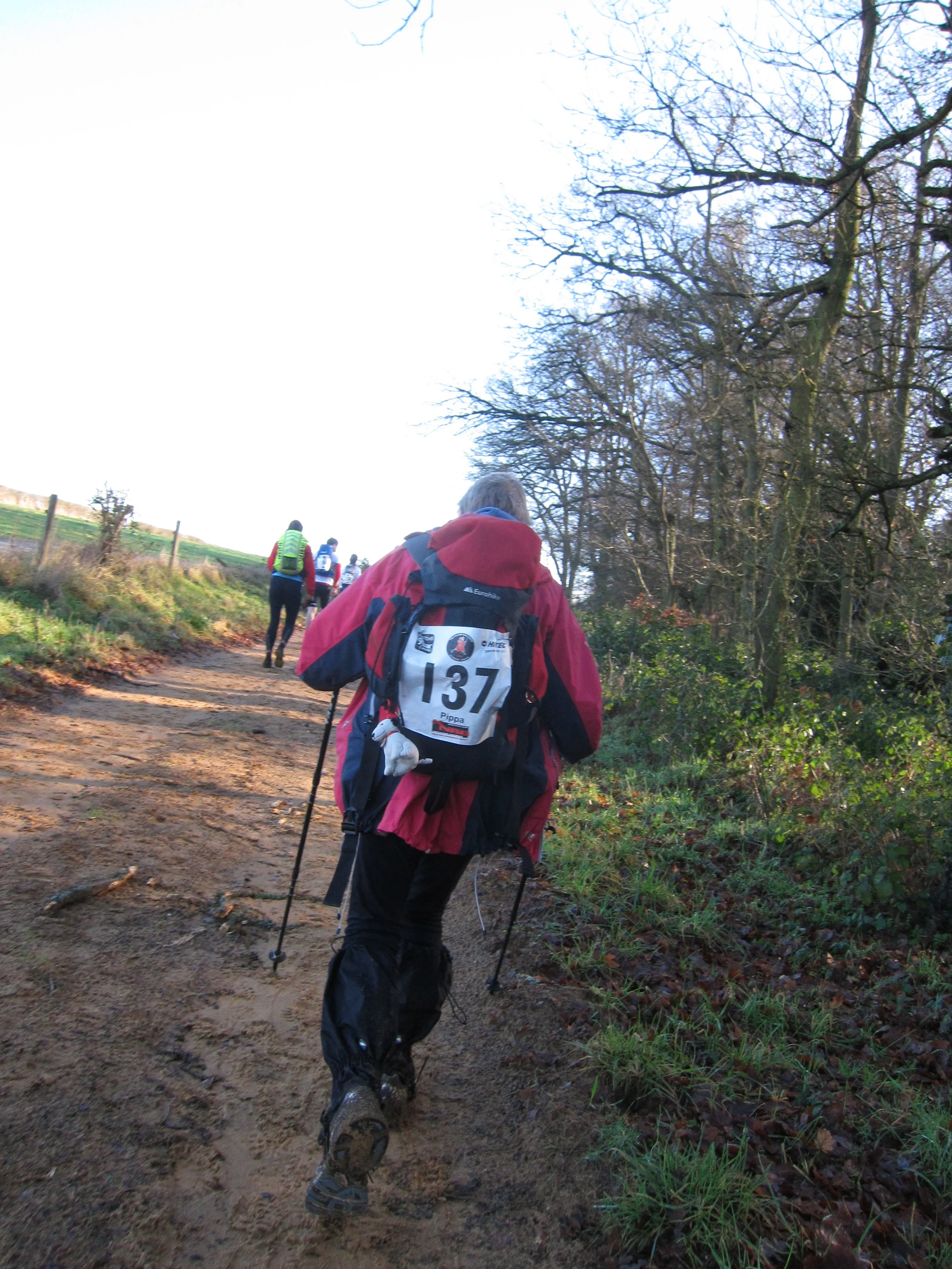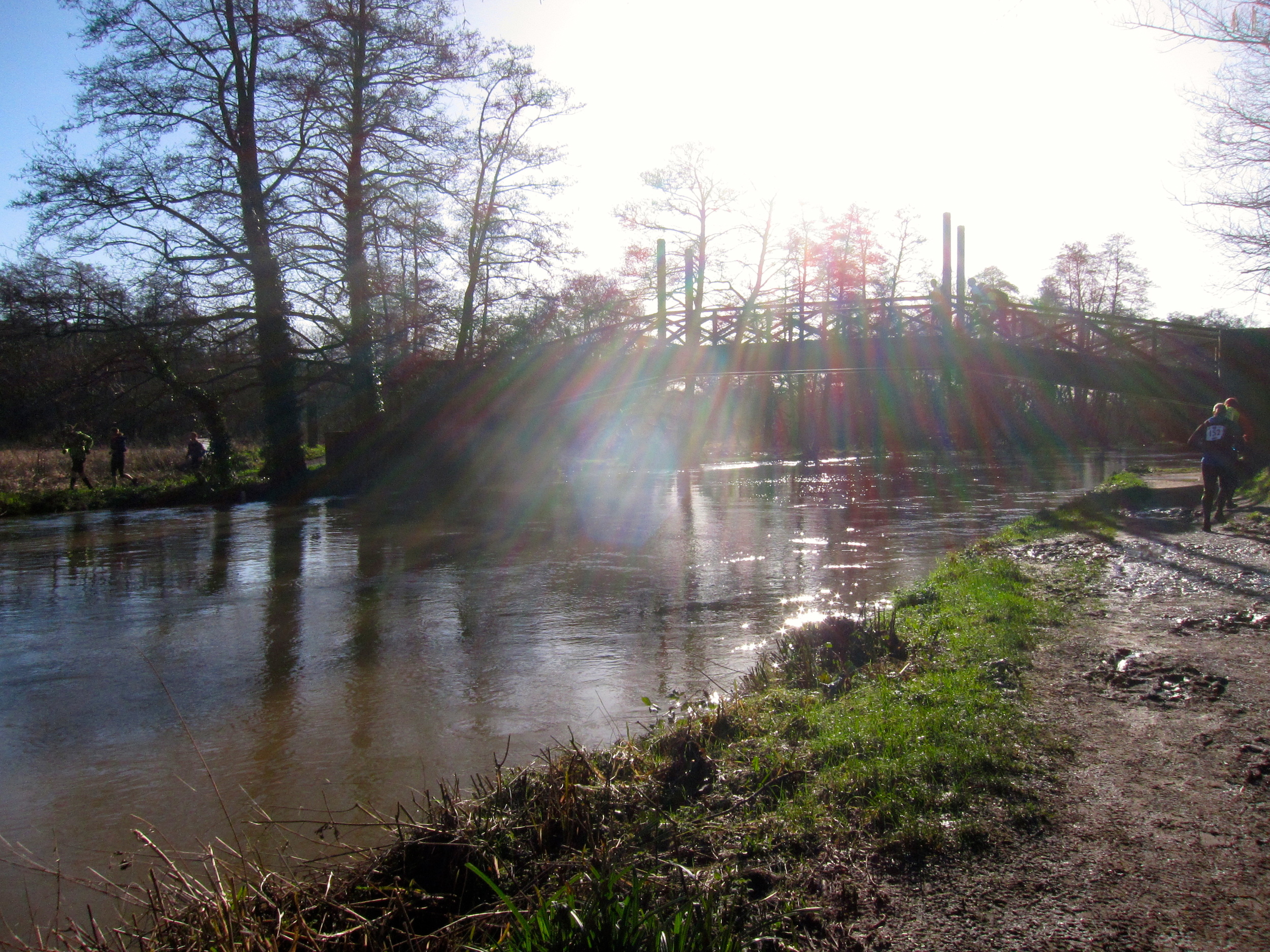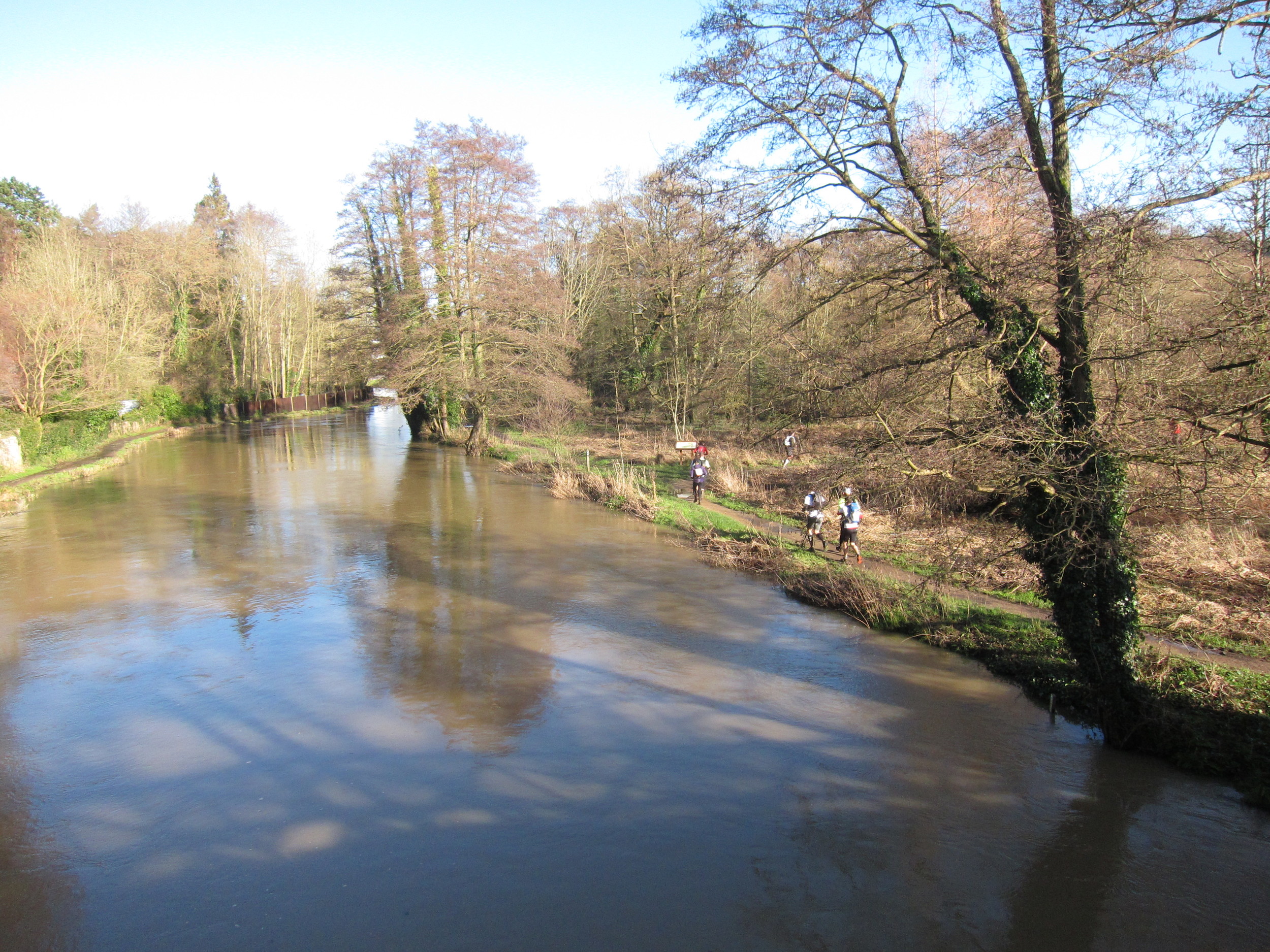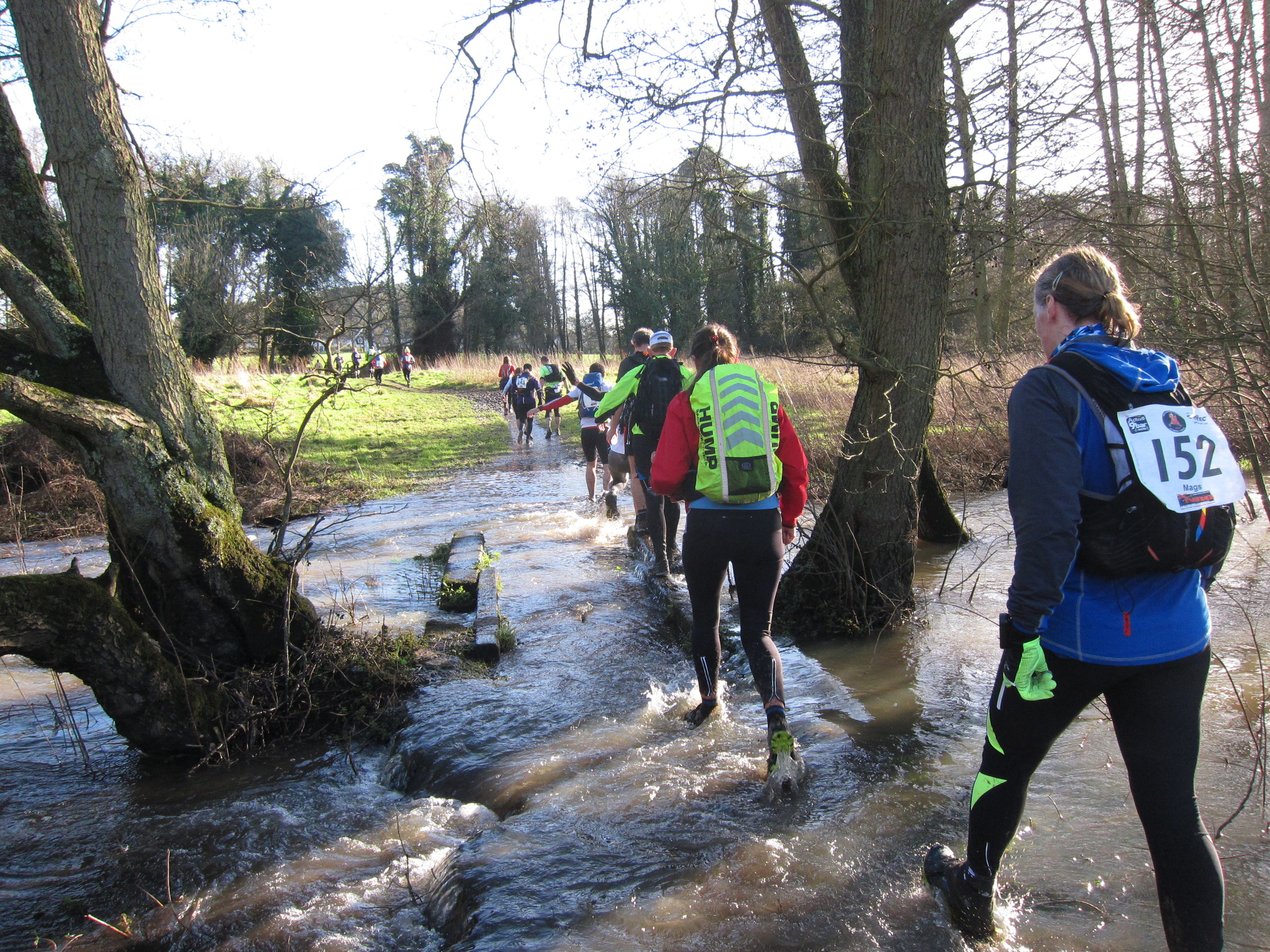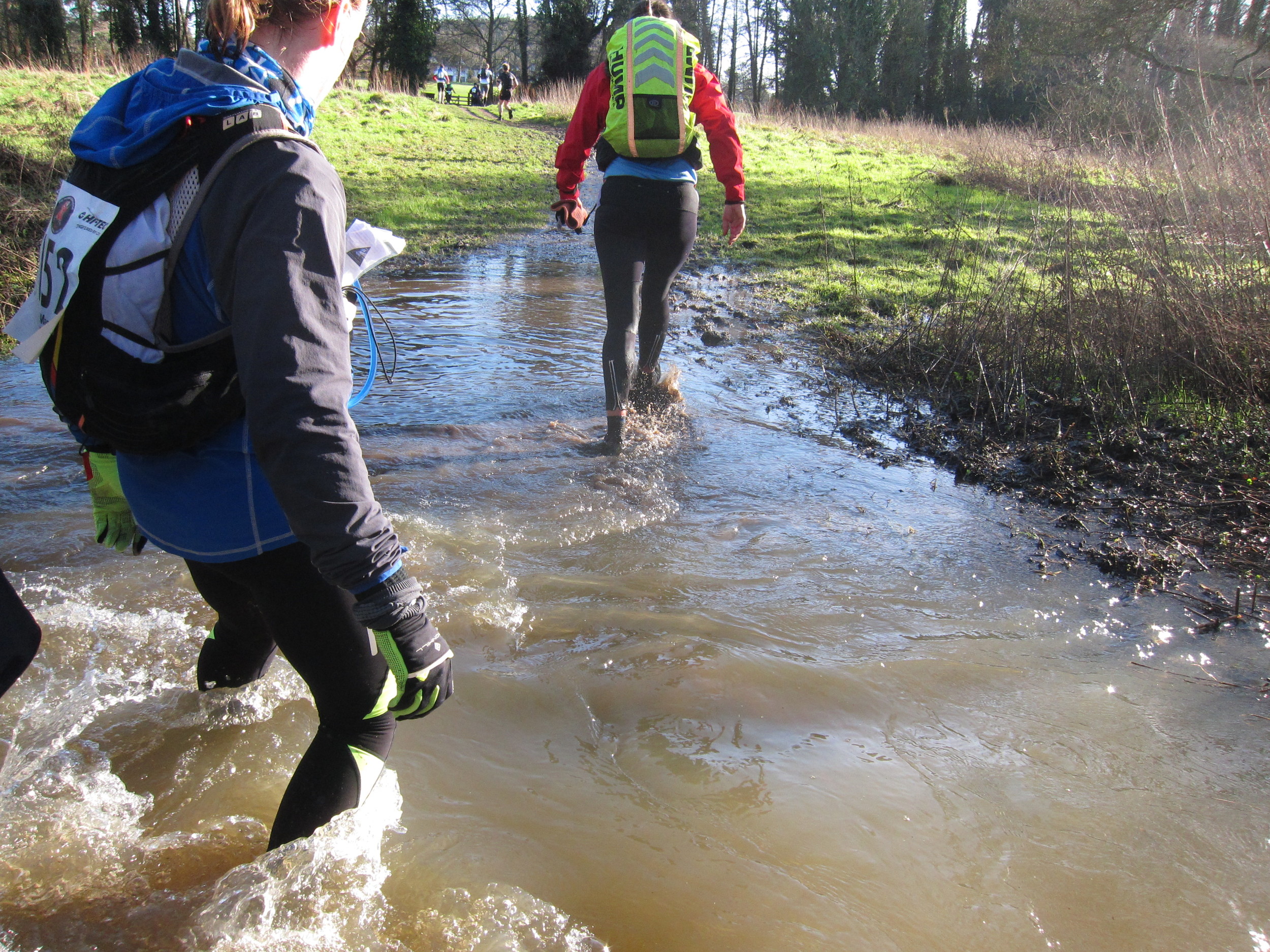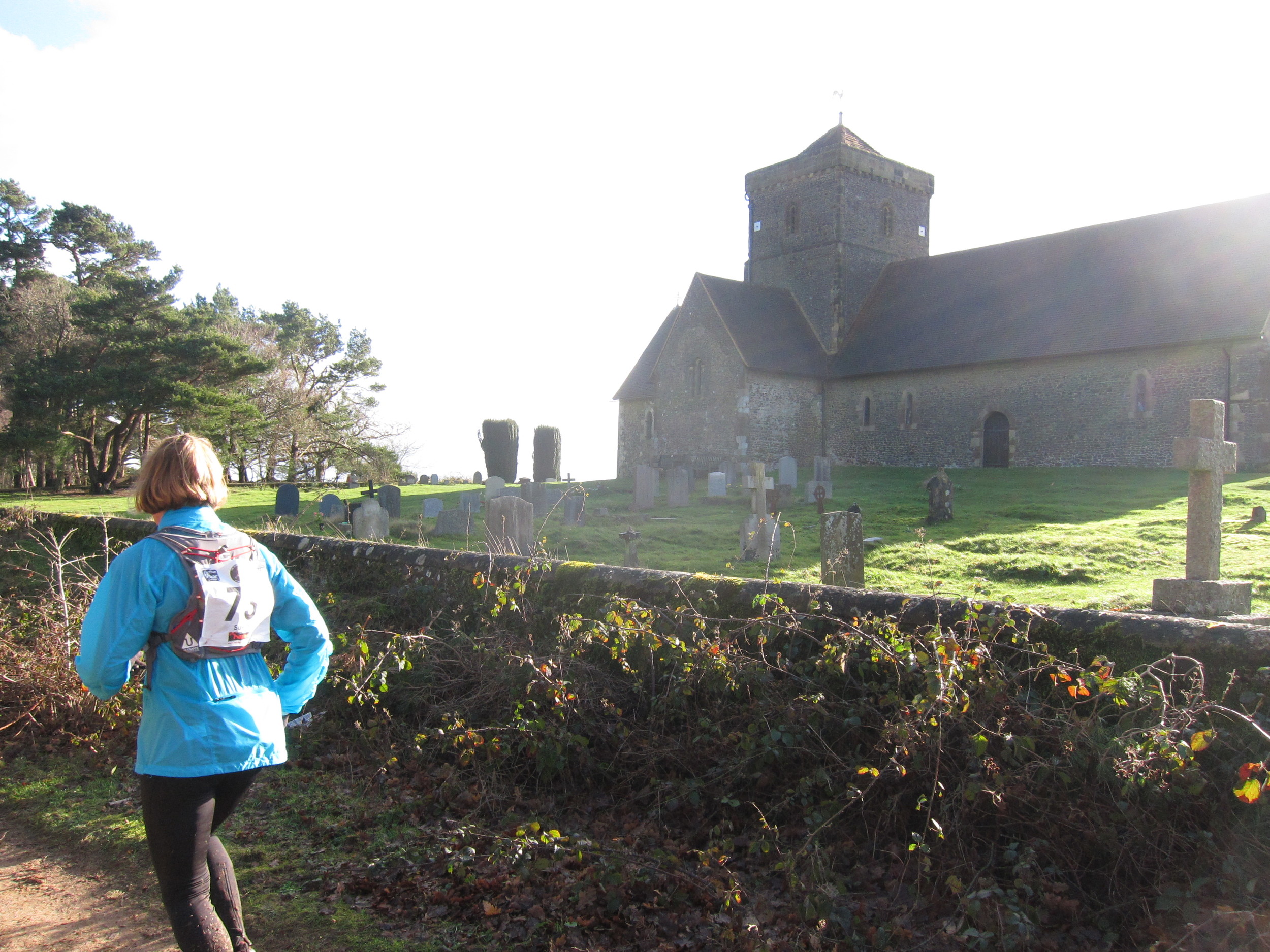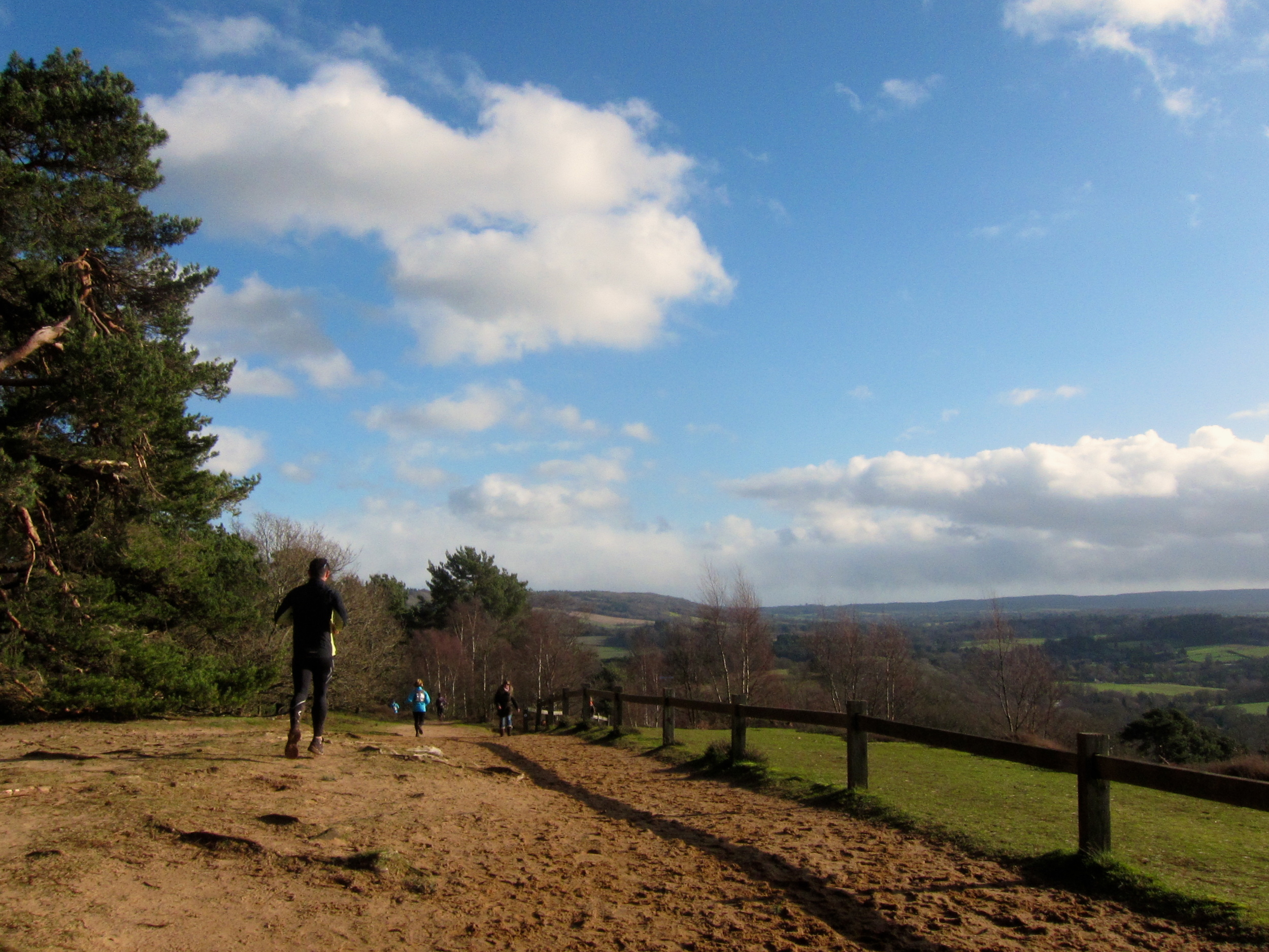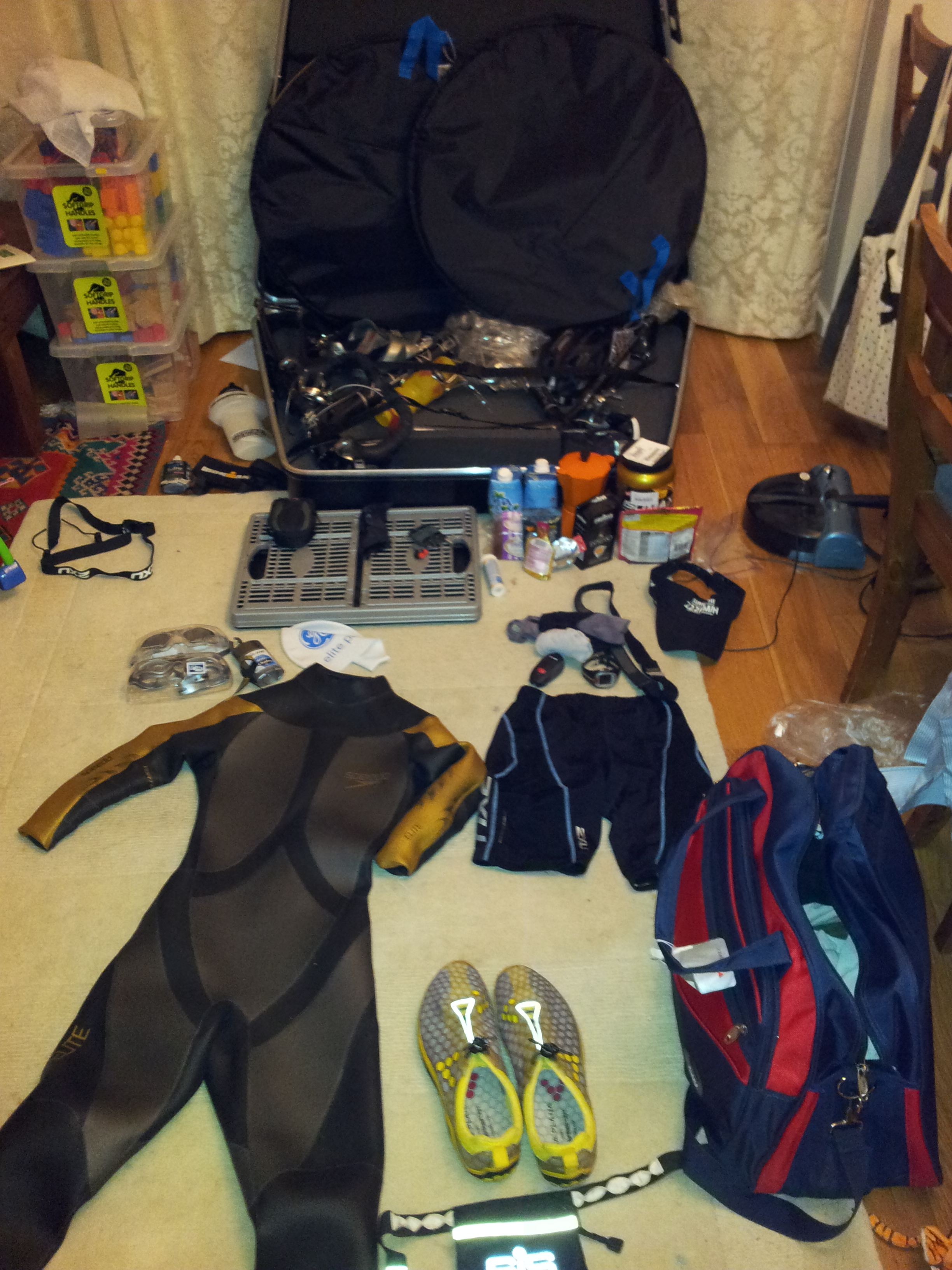It's been over a week since the race ended and it all has become a mish mash of thoughts...and so will this post.
Every morning in the race starts pretty much the same way. People start waking up with the rise of the sun and start slowly shuffling out of their tents for their morning constitutionals. The laugher from the French tents starts straight away. This is shortly followed by a recording of roosters. It all seems very natural, we sleep when the sun sets and wake up when the sun rises. You have about 2-3 hours between waking up and the race starting. Basically you do three things in that time, and the order of these events depends on the person:
- Eat breakfast
- Get your morning water ration (3 liters) two big bottles
- Get your stuff packed up and get race ready
- I do it in the order above, being that I have enough water from the day before.
During all this, the Berber beduins come by and start taking down the tents. There will be a lot of “Yalla, yalla, yalla!!!” This is all quite funny and people rarely lose their temper as their tent gets lowered with them still in it. TIP: Watch out for your stuff during this morning period. Things can get “taken” during this time. I had no trouble, I had befriended a couple of Berbers the night before when I asked them for the Qibla. We were on first name basis by the end of the race.
People start heading to the race about 8:30 or so, and it usually starts around 9:10. They never start on time. TIP: Go early to the start. The atmosphere is worth it.
The beginning of each stage is proceeded by Highway to Hell. Patrick Bower sings along in his broken english which always makes me laugh.
Going into the race, I was probably most afraid of my tendons acting up and ending my race. My plan going in was to “nordic walk” the majority of the first stage and run a little and slowly reverse this proportion by the end of the race to a run-walk. At this point, I was not planning on placing high, I just wanted to finish.
The start of the race was quite a spectacle, and it was hard not to be over taken by the moment. There is loud music, people are very very excited and ready to go, and then there are the two helicopters...
They fly very low and side ways in order to record the runners from above. The whole thing feels like something out of Apocalypse Now.
The race started, and my nordic poles came out. More than anything, they are a reminder of the plan...I'm going to walk most of the first day.
Coming in the race, knowing that I was going to walk, I decided that I would walk as fast as I could. I started training for this about a month before ending with a training run/walk from London to Oxford. I calculated that I could maintain a pace of 8km per hour. Adjusted for the desert, I could probably manage 7km/hour.
The first day was about 35 km. Unlike others, I did not study the race pack, in fact I never really opened it after glancing at it in the bus on the way to the bivouc. The rest is a blur really. I do remember the big ascent towards the end of the stage. It was really steep and there was a drop off on the left side. I later heard that someone fell off but did not tumble all the way down.
I didn't eat a lot during the stage. I had a 9 bar walking into each checkpoint and topped up with Humzingers, sesame snaps, and the occasional Gu. I also drank water every 10 minutes religiously. I would never actually drink all the allotted water and by the end of the race, I would take half my ration with me out of the checkpoint. One thing that I never did is spend more than a minute at the check point. I was in and out in 60 seconds. People spend ages in those little black tents. What a waste of time. TIP: Don't hang around at checkpoints...even in the long stage...hang out when you get back to the bivouc.
Back to the mountain that never ended...Mount Doom as it later came to be known. After I reached the top, I was able to see the bivouc in the distance...which is great. The only problem is that it takes a lifetime to actually get there. This happened at every stage. You get excited that you see it...then you get depressed when you realize your children will be married before you get there.
The stage ended, I waved at the webcam, got my small cup of Moroccan tea, grabbed my 3 bottles of water and went off to the tent. Five of my tent mates were already there, and 2 were still out there. That is to be expected being that I sped walked the whole thing.
The interesting thing was that, although I walked the whole first stage, I passed loads of people towards the end. When we checked our standings I was 350 out of 850. How was the possible? I walked!
This happened again and again. The stage would start, the majority would pass me, I stayed consistent, even during the dunes, was in and out of the checkpoints. I steadily moved up the rankings. Even when the weather went to 52 C (125 F) the energizer bunny kept on going at the same steady 6.5km/hour.
On day three, I decided to run the last 5 km to see how my tendons felt. I felt great all the way through. Had lots in the tank.
The next day was the long day. The strategy was simple, keep on the formula and run at the end if I felt like it. I did exactly that and I jumped 100 places. I was now 235!!
TBC...












